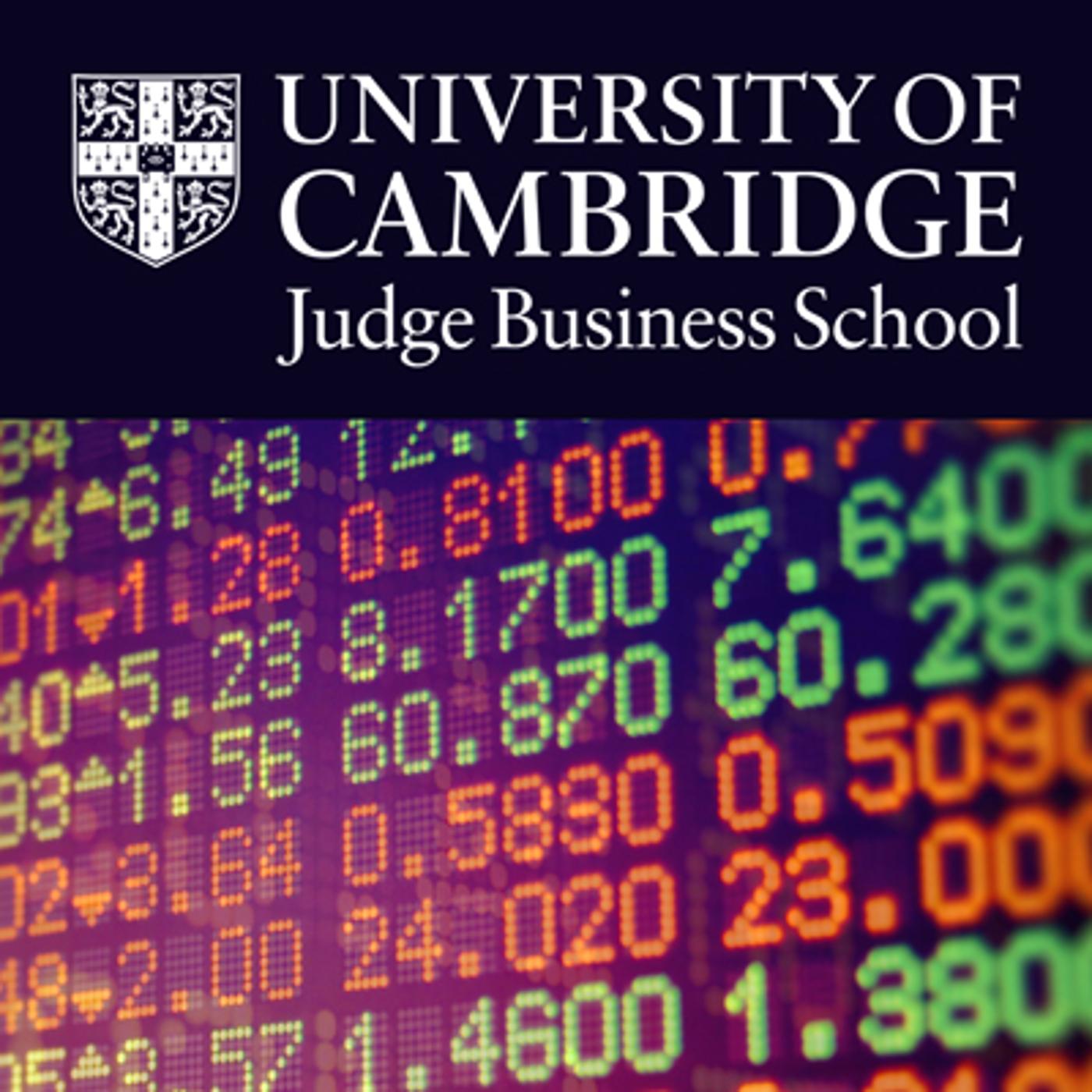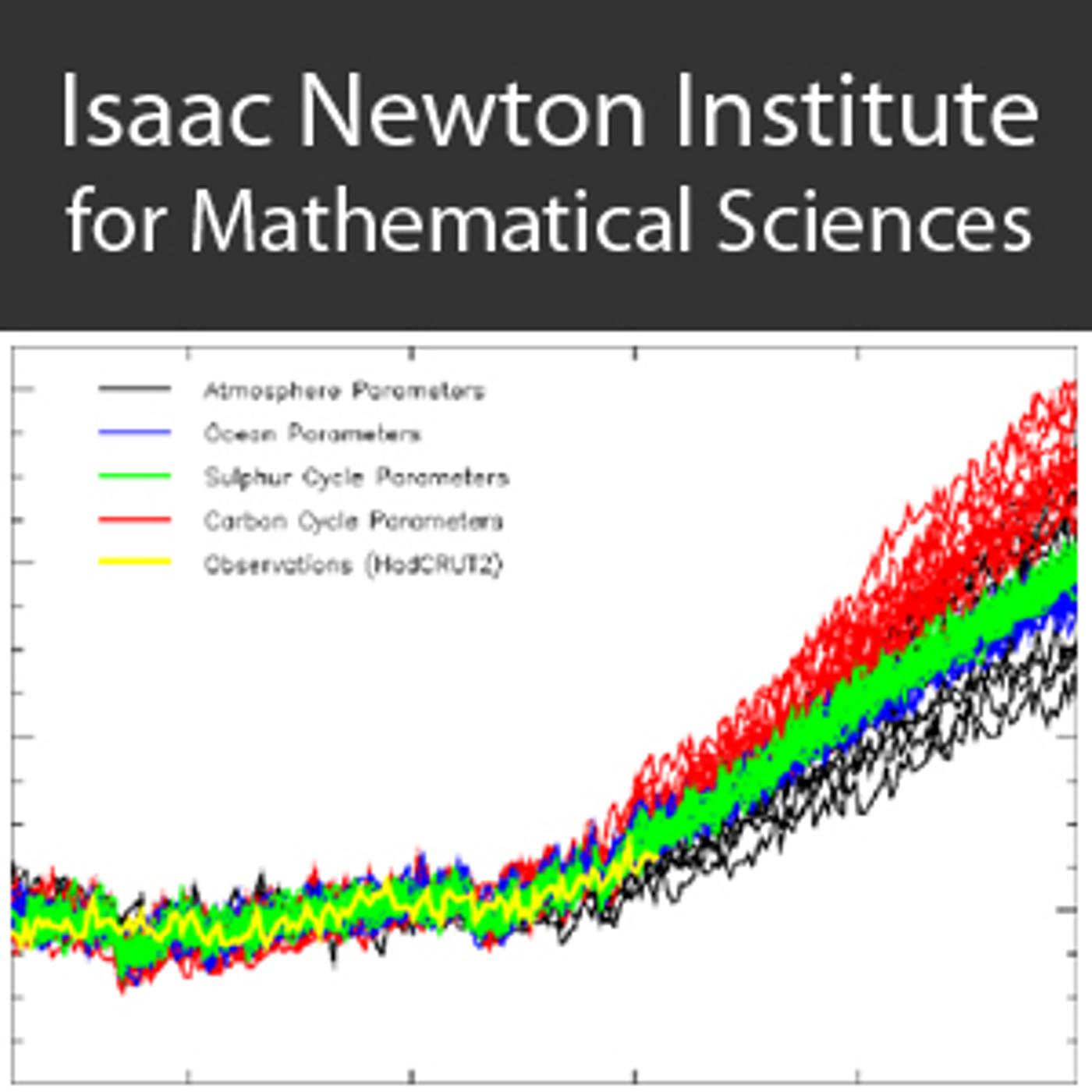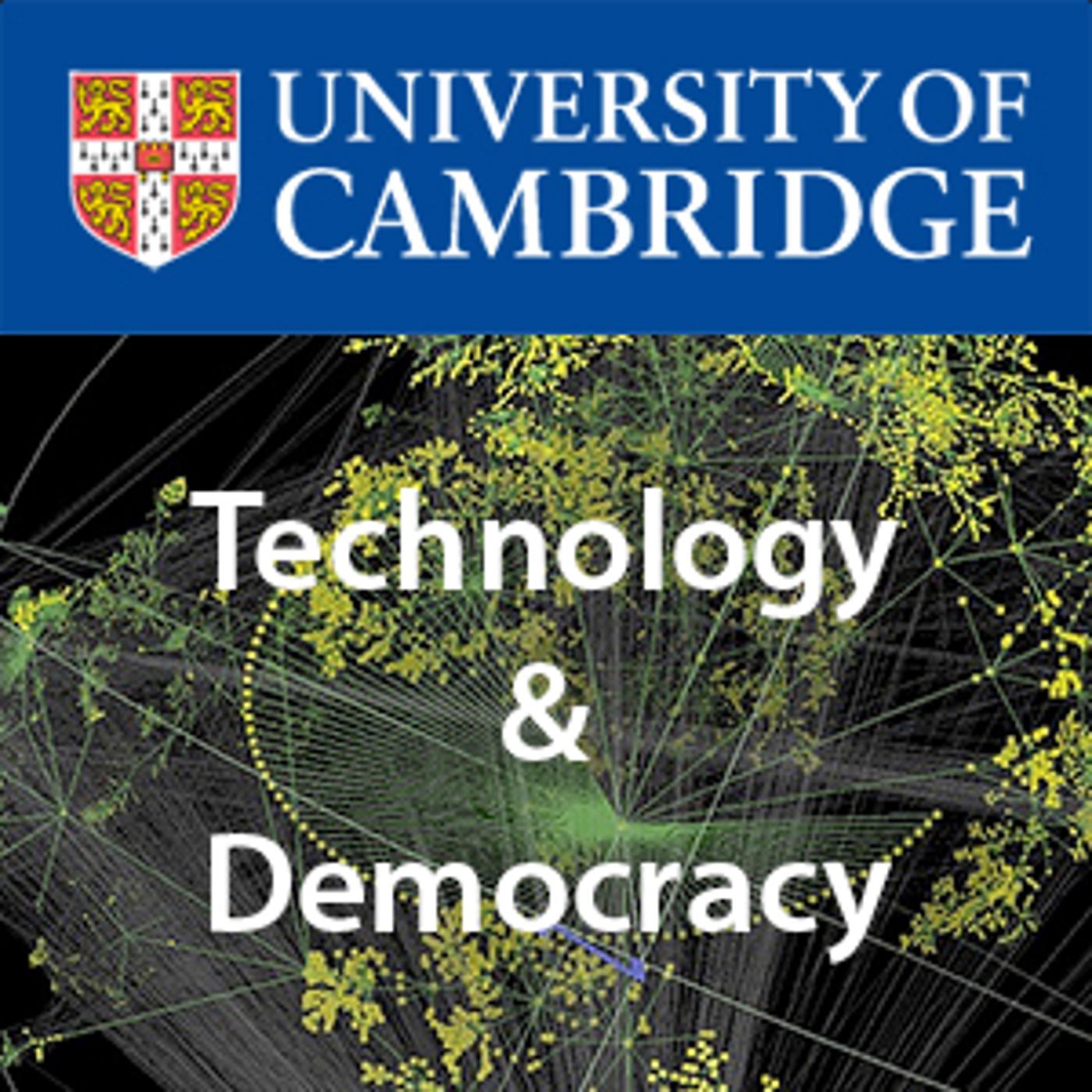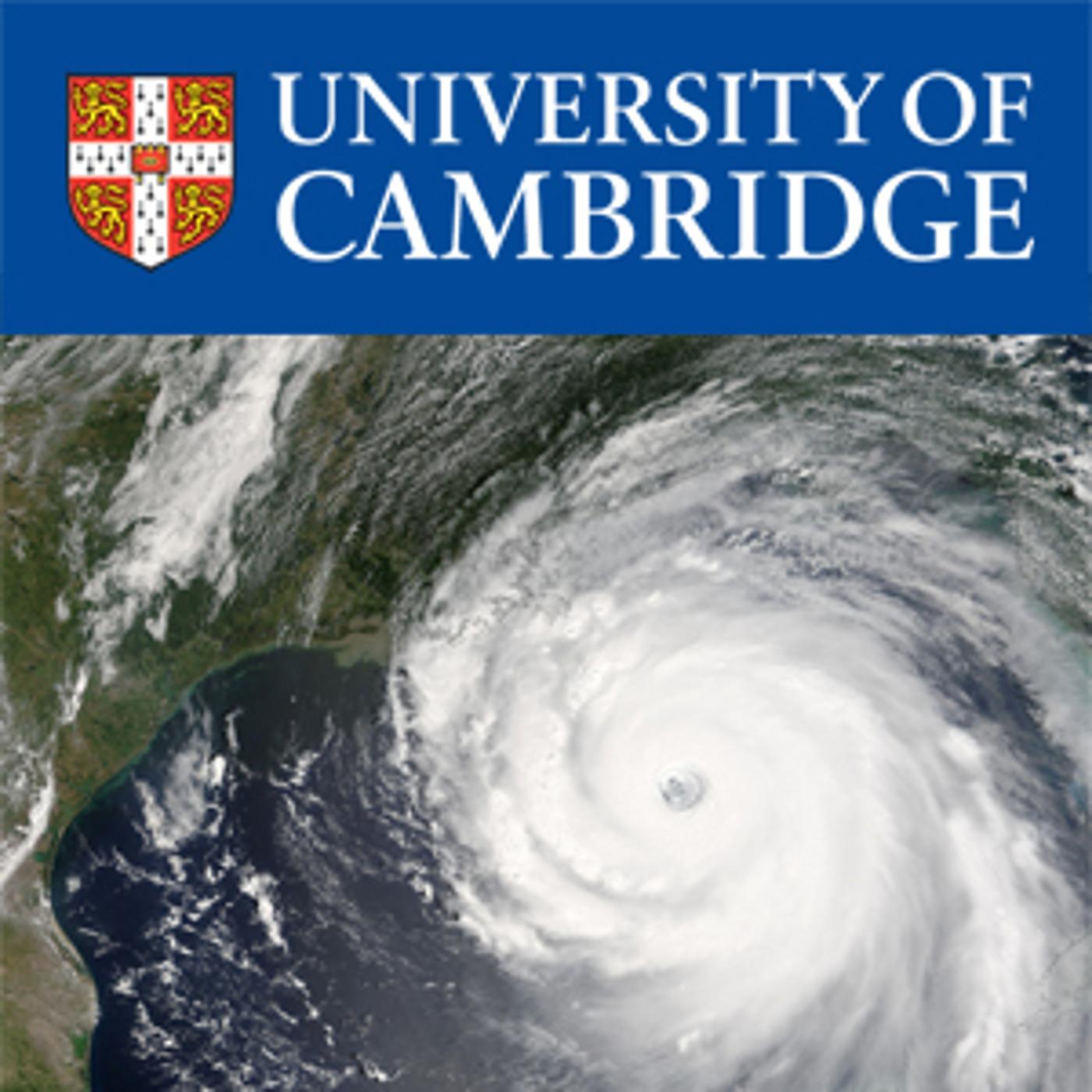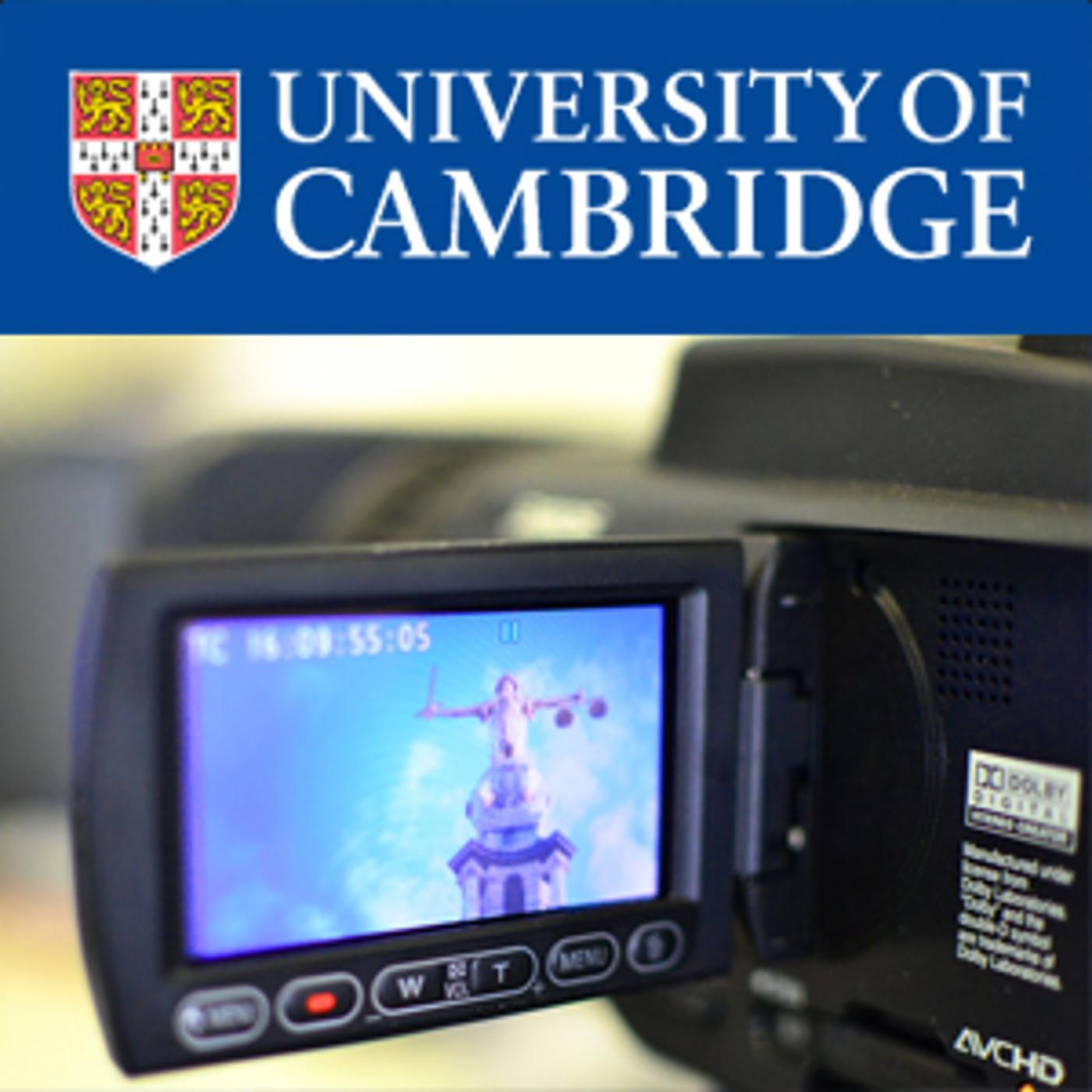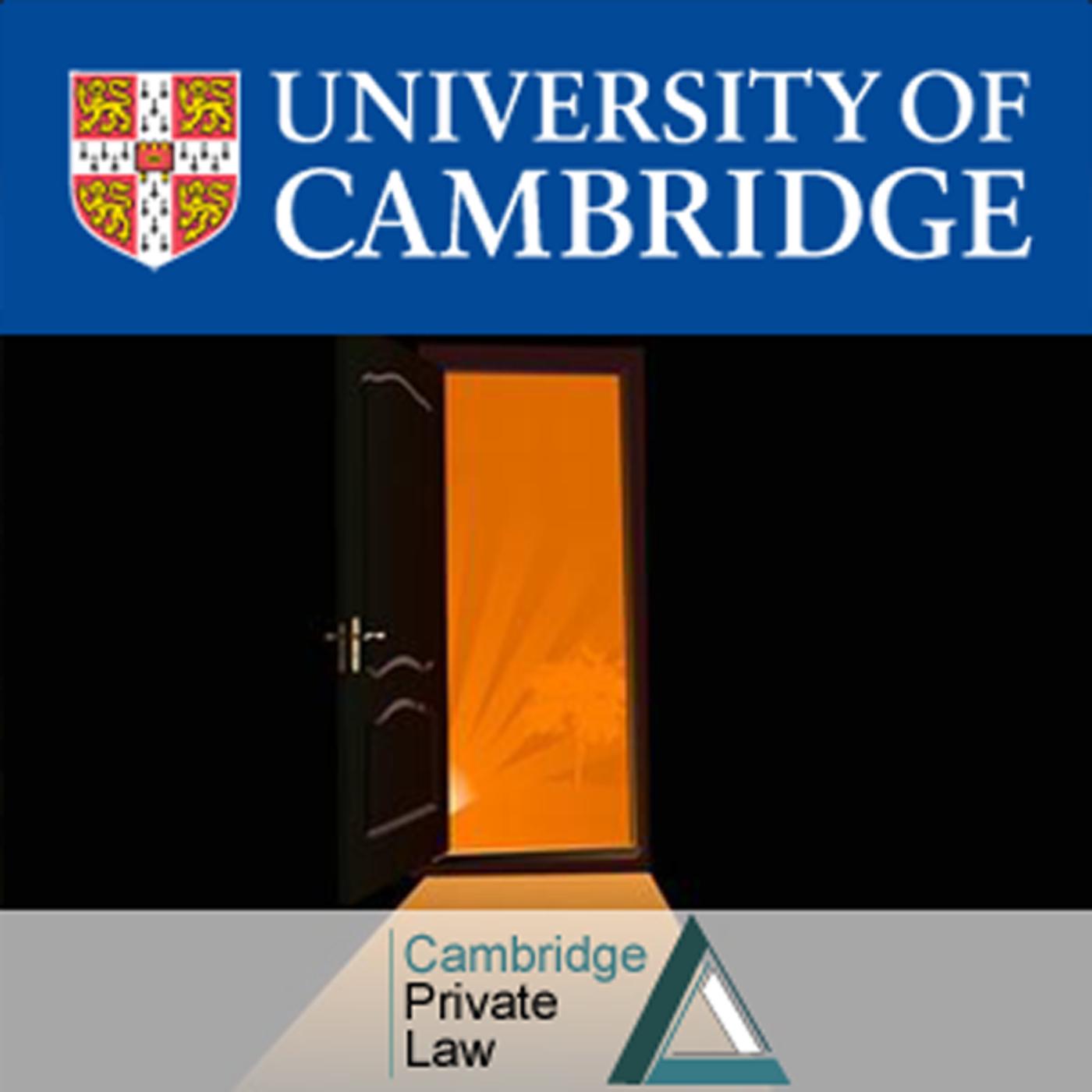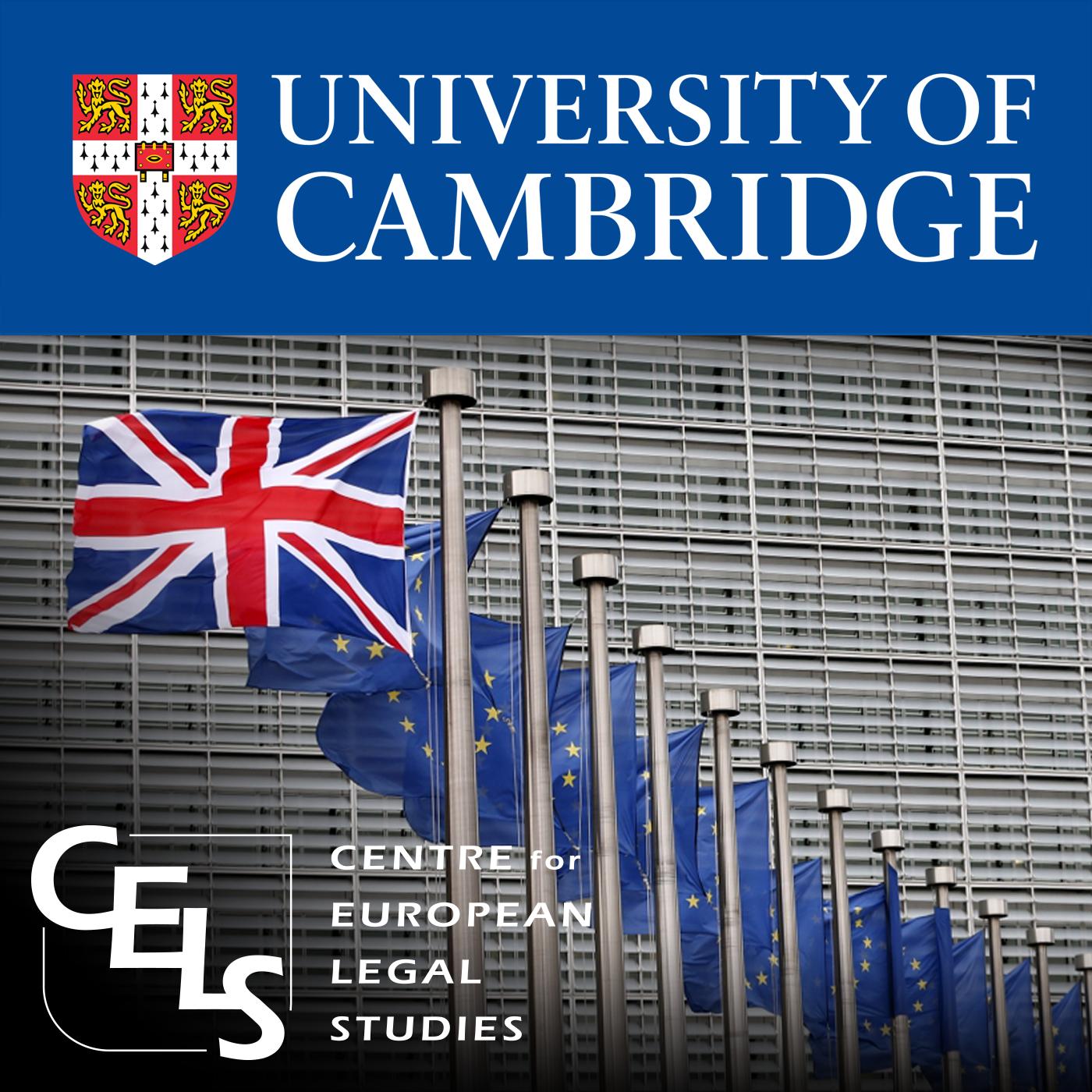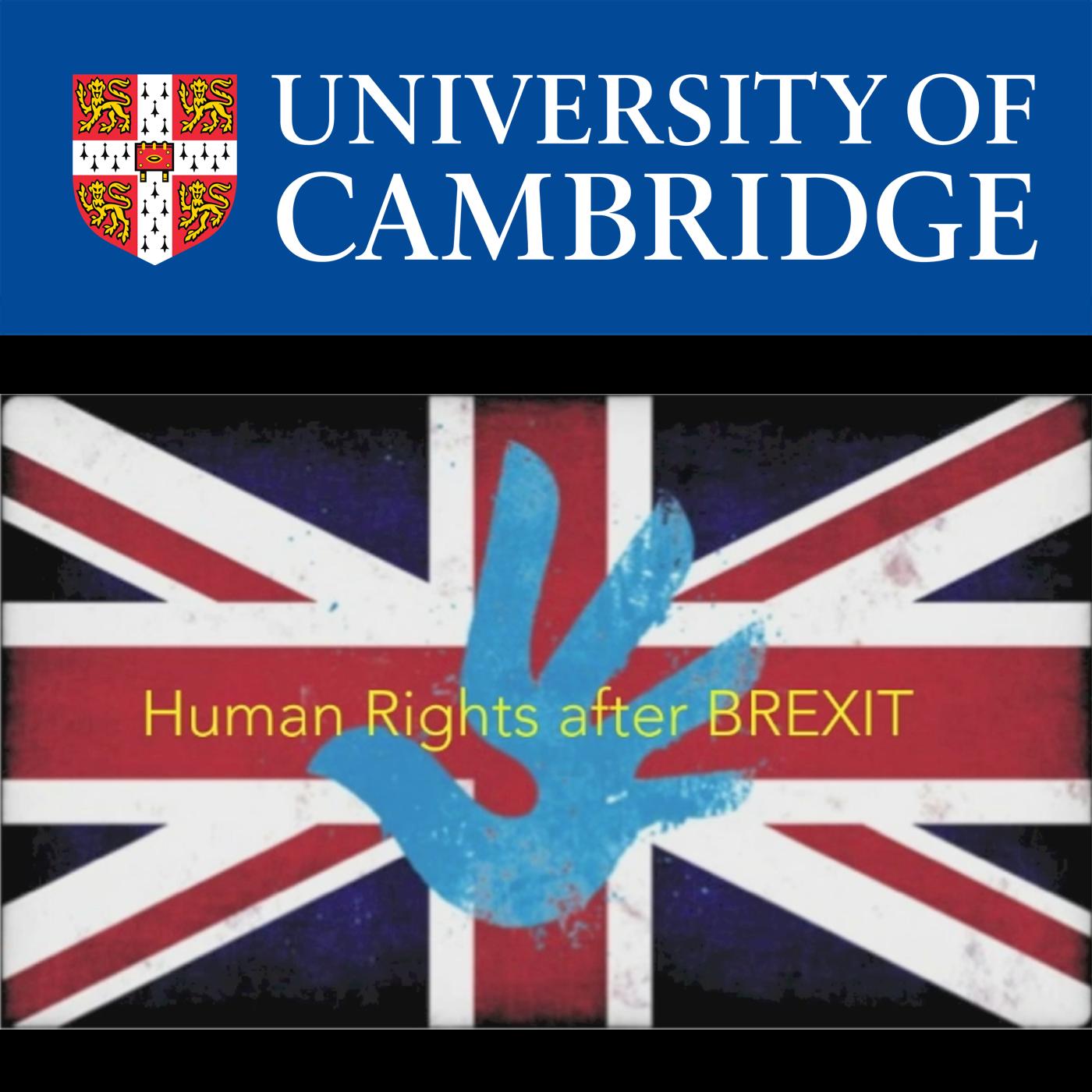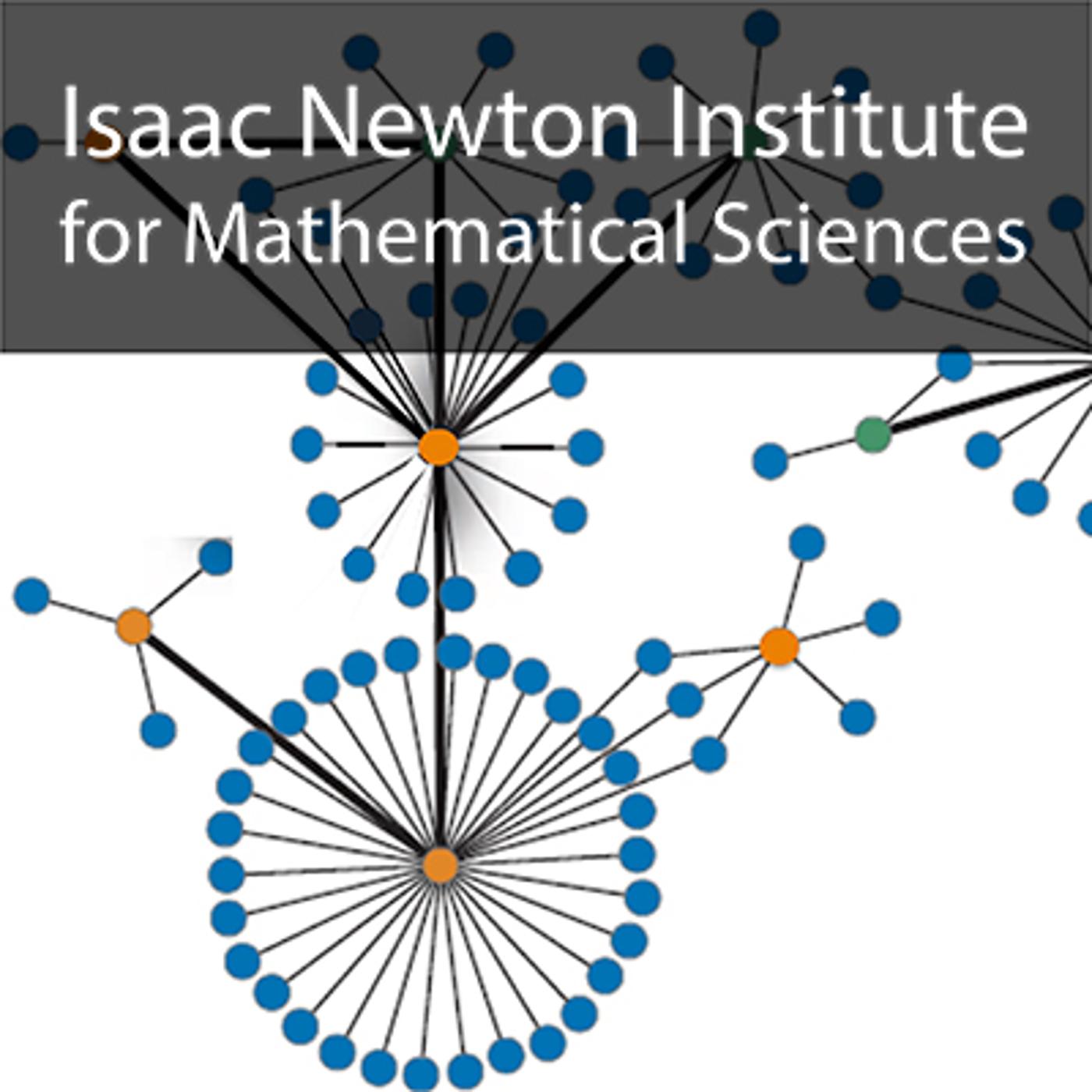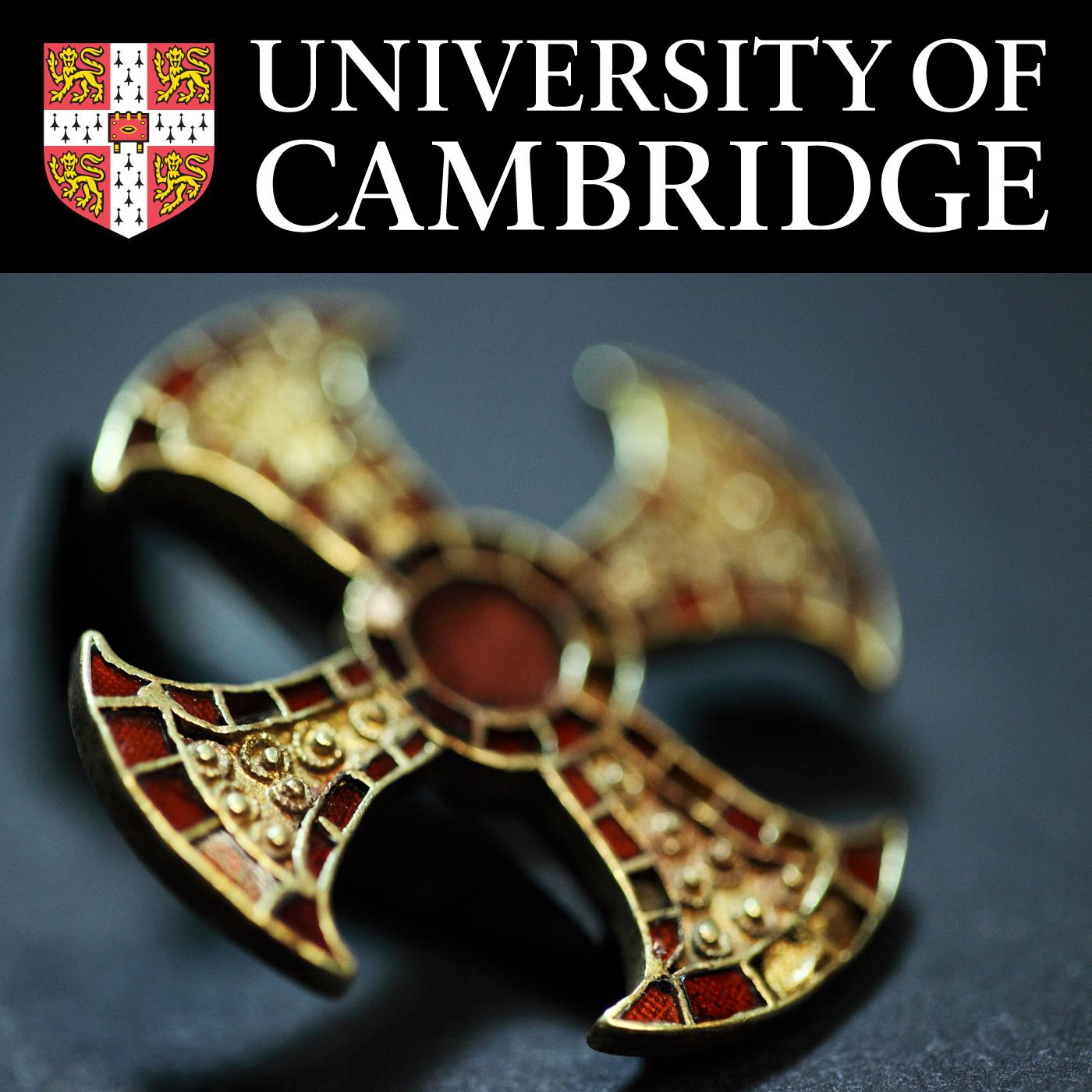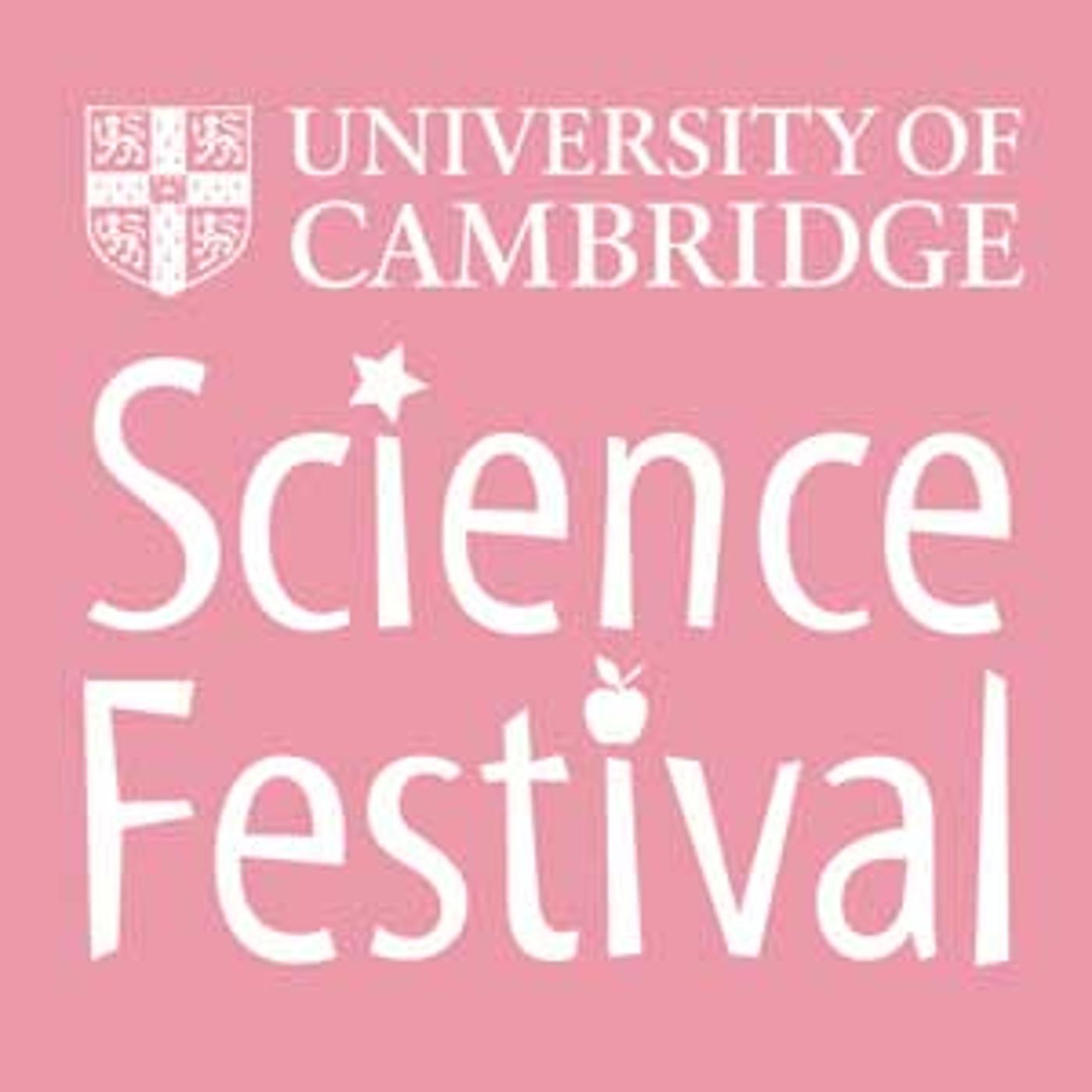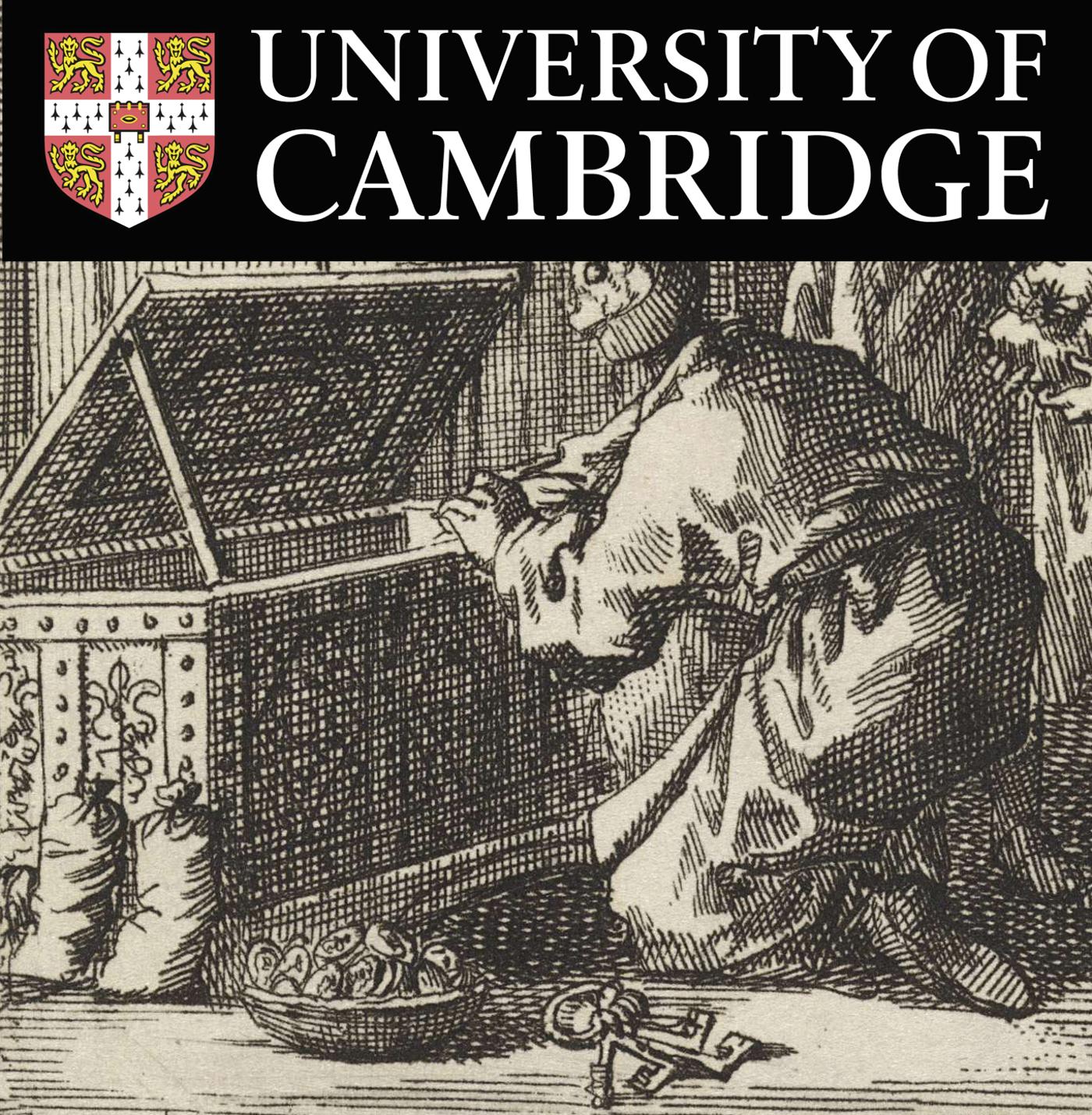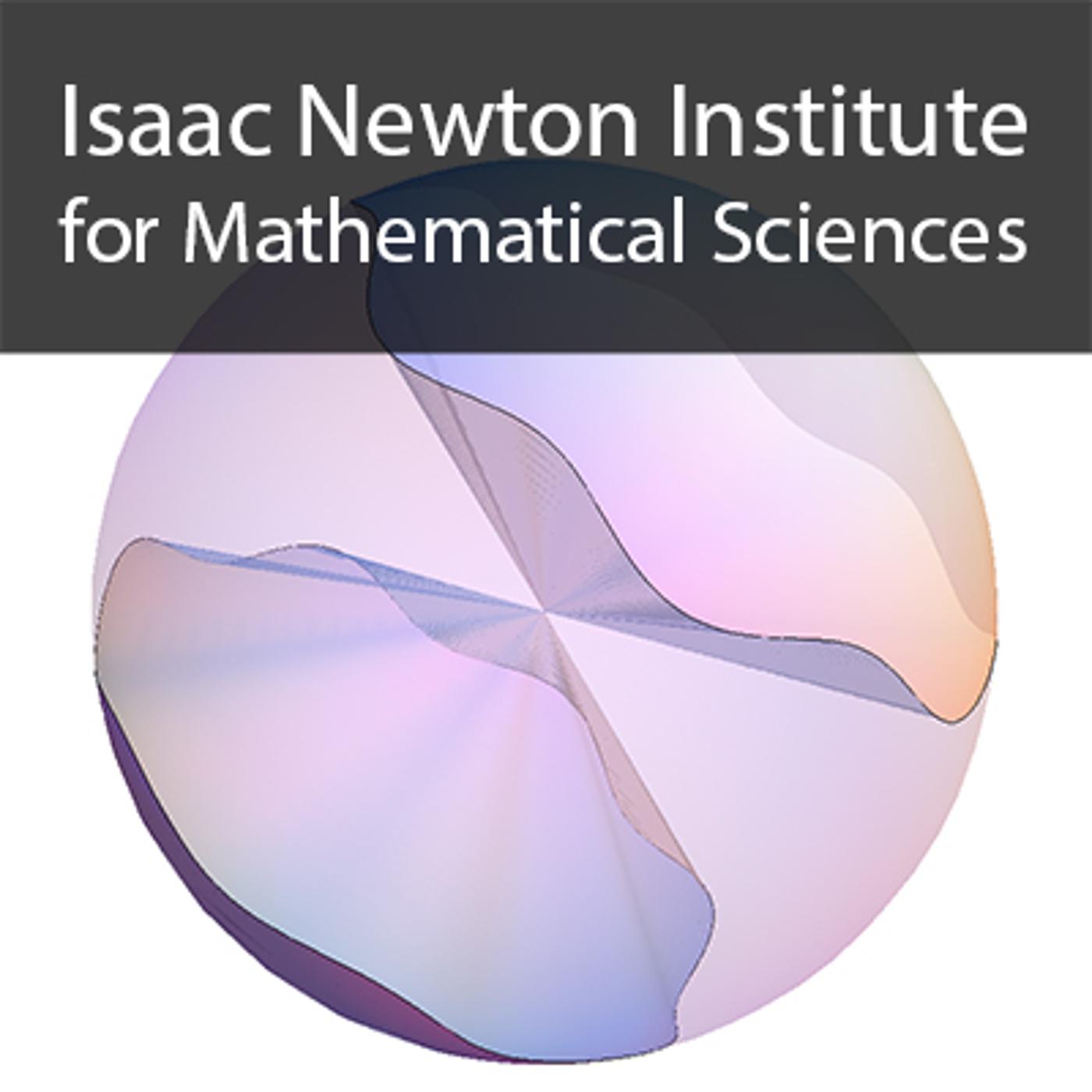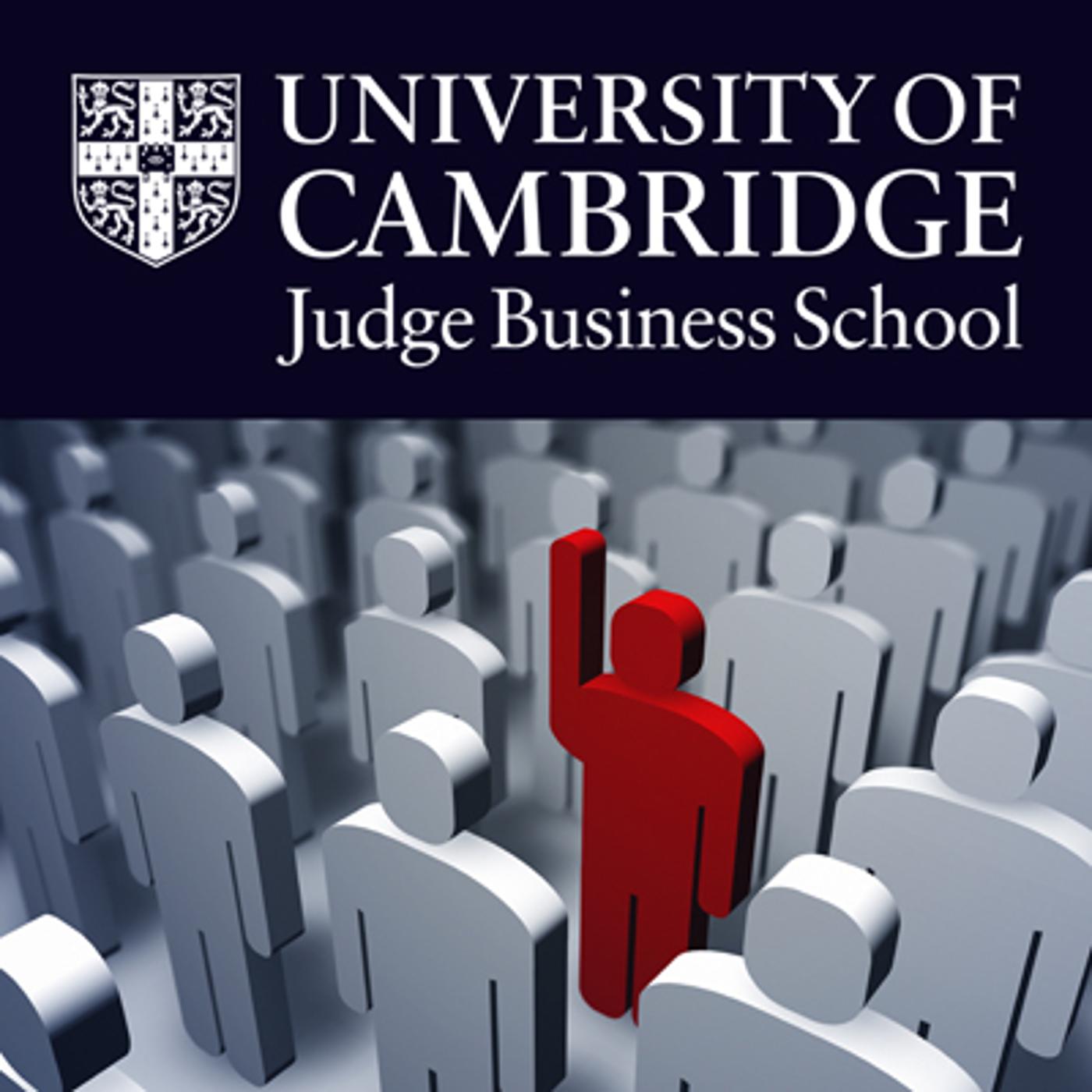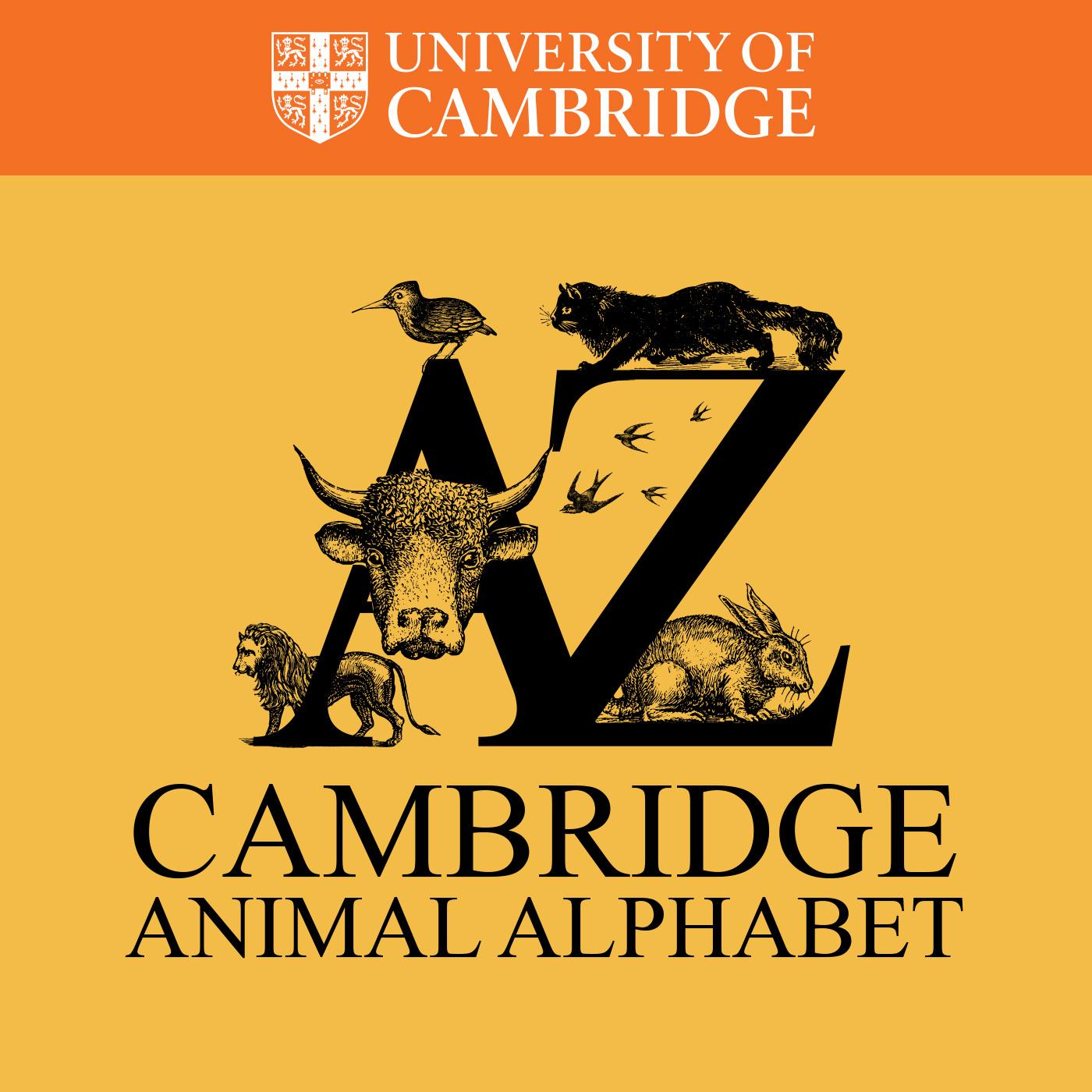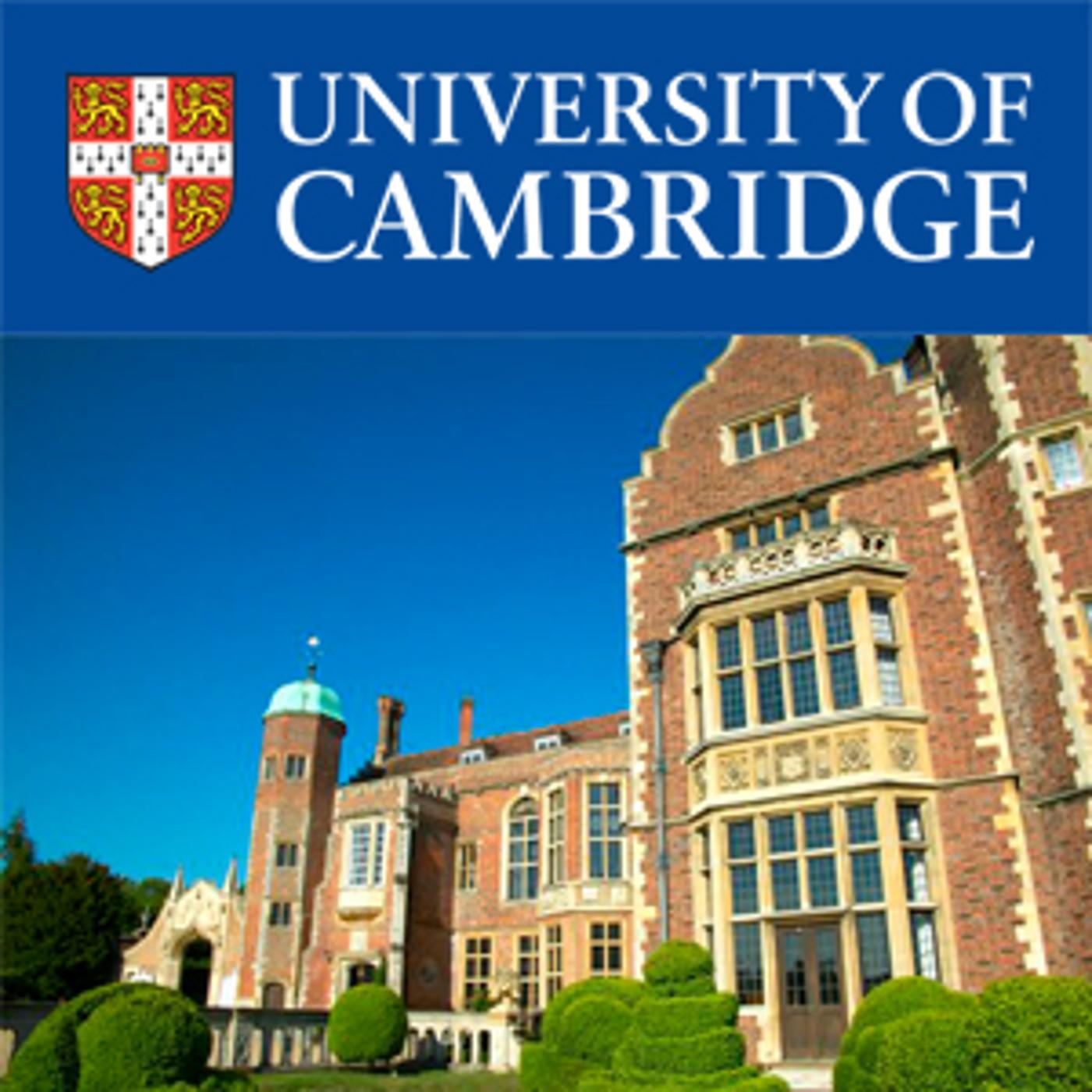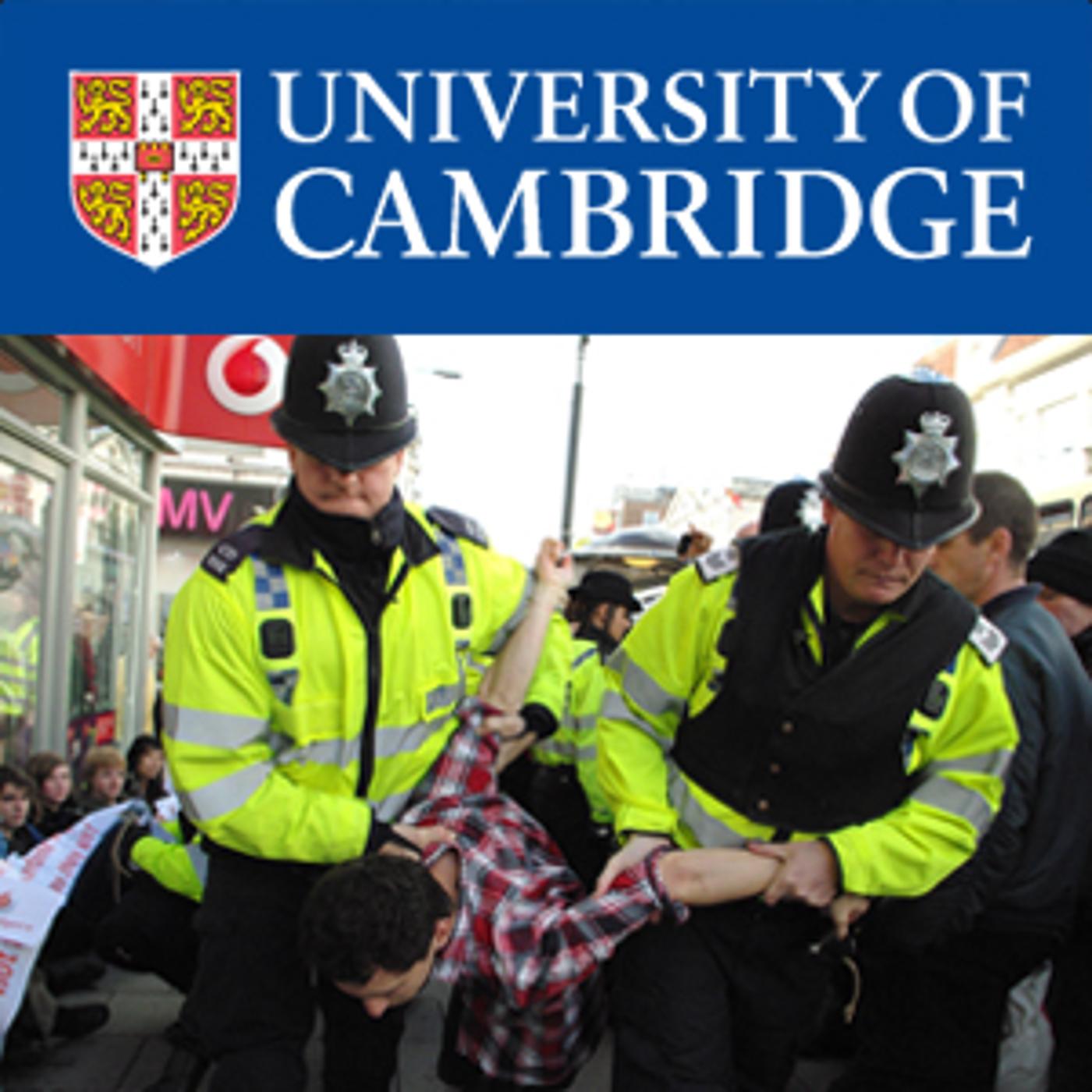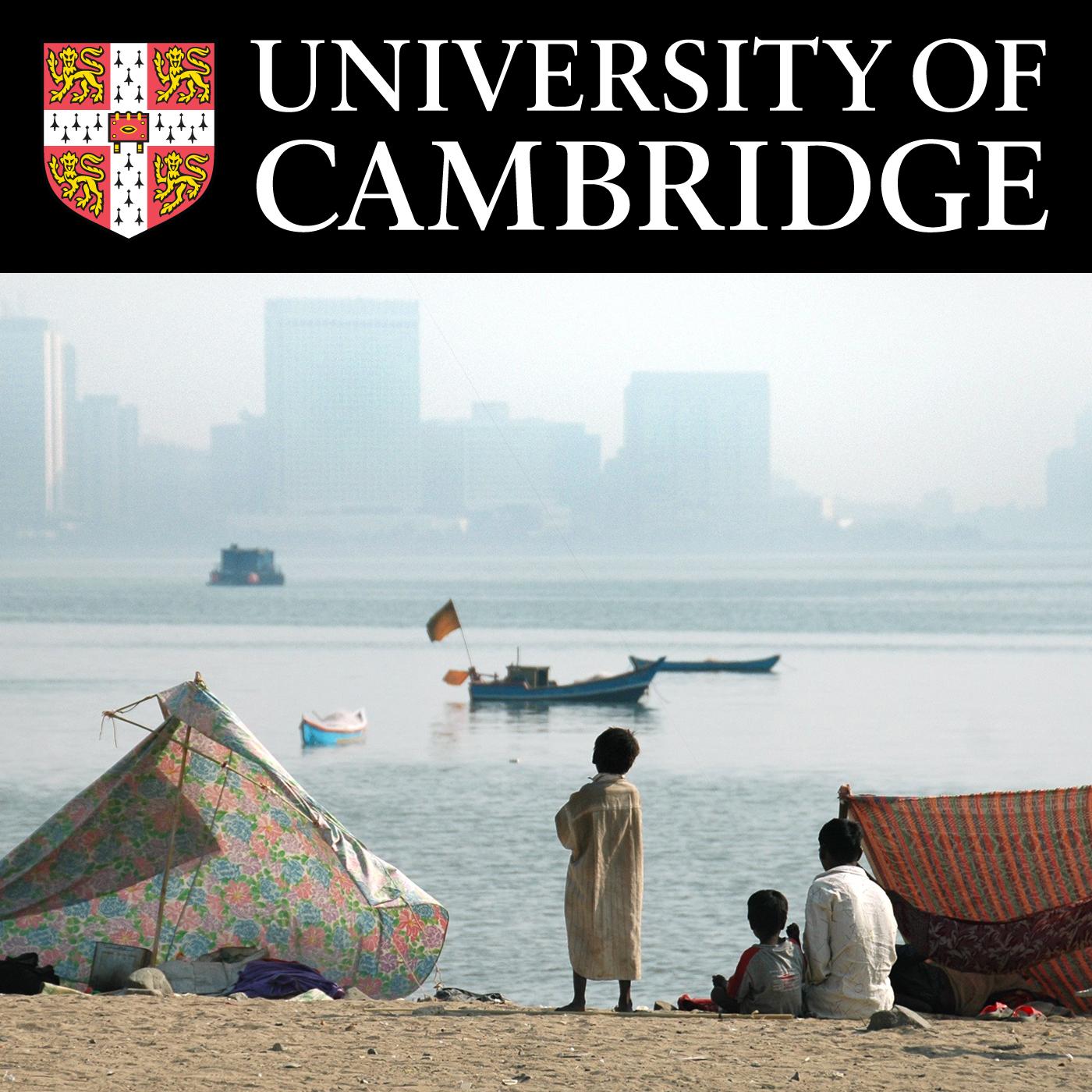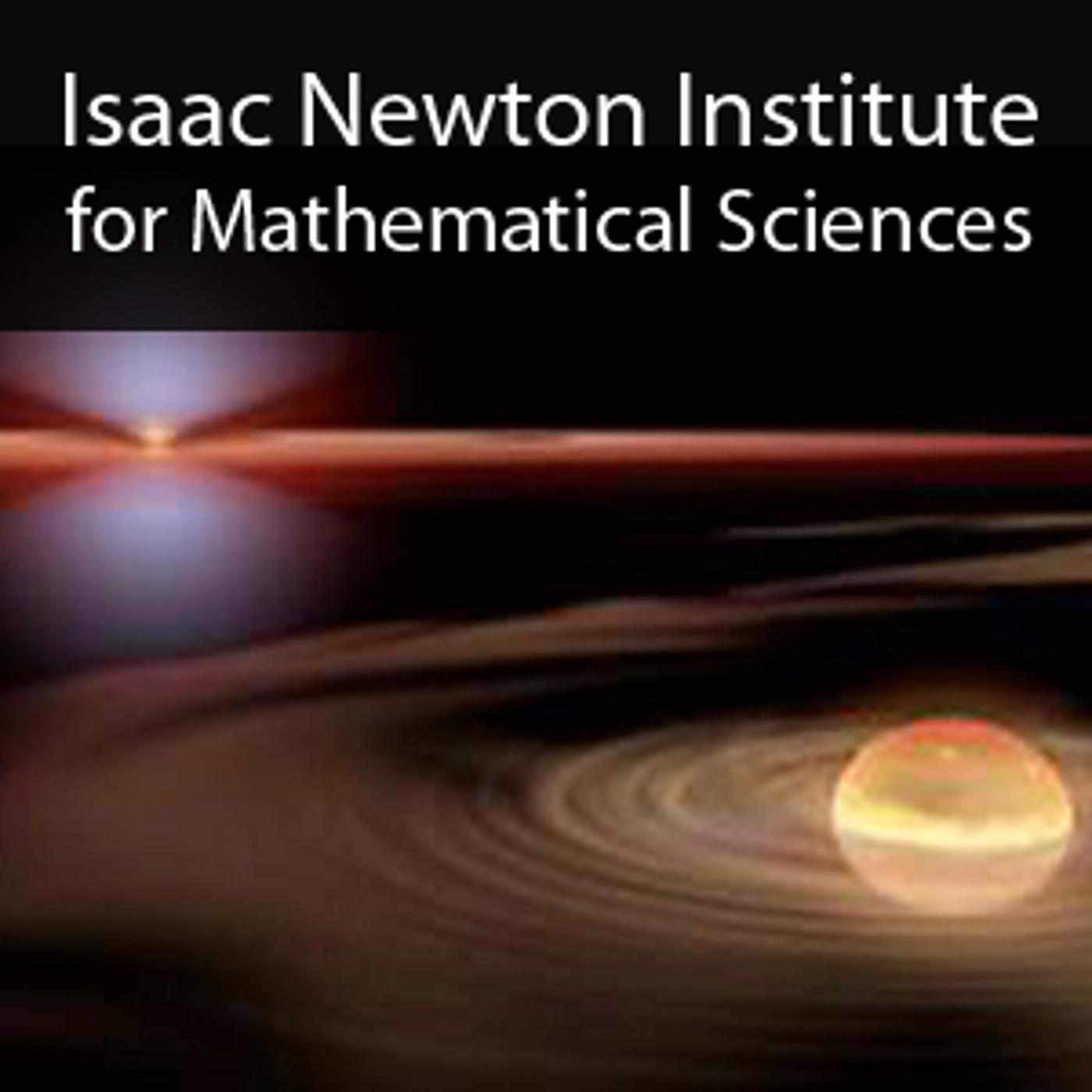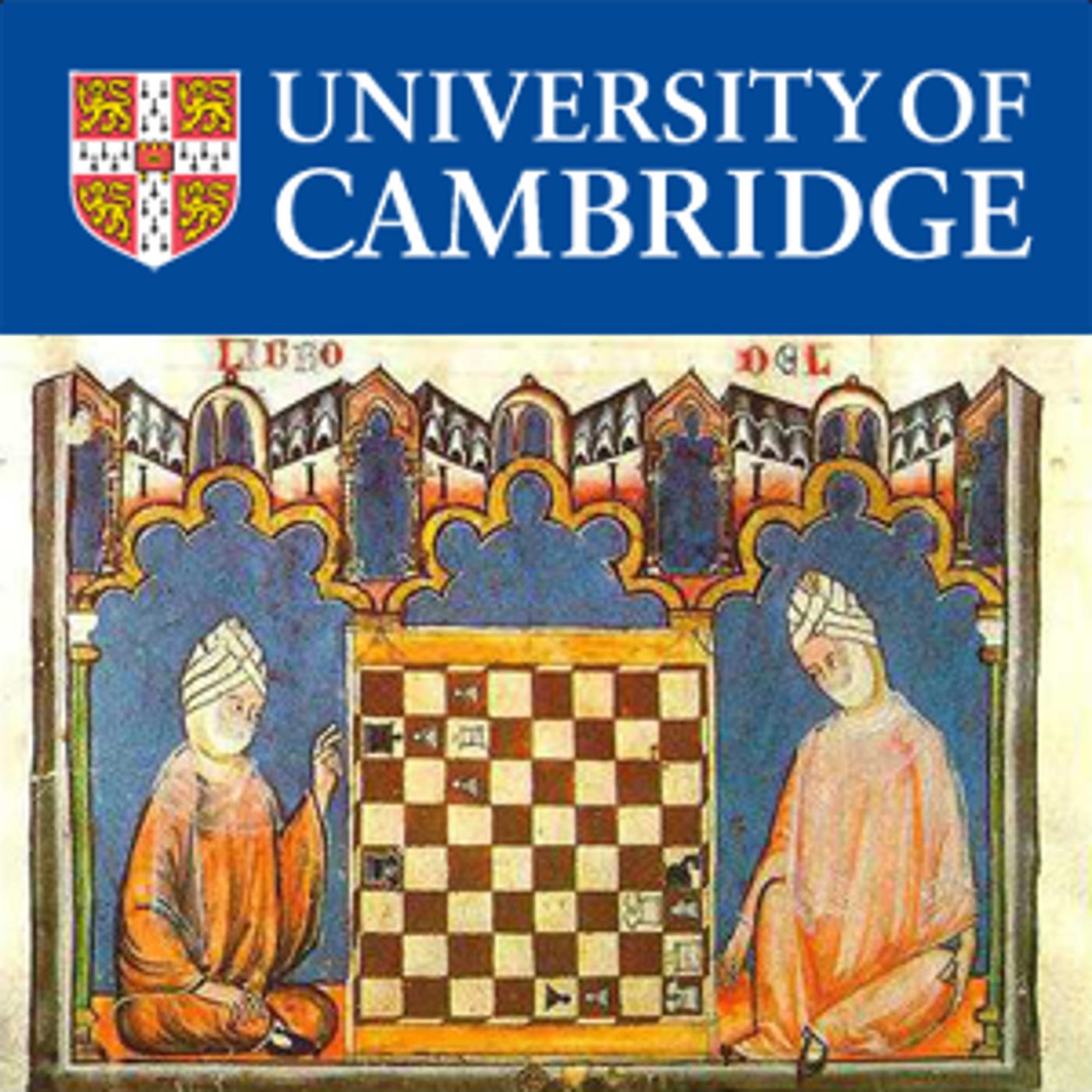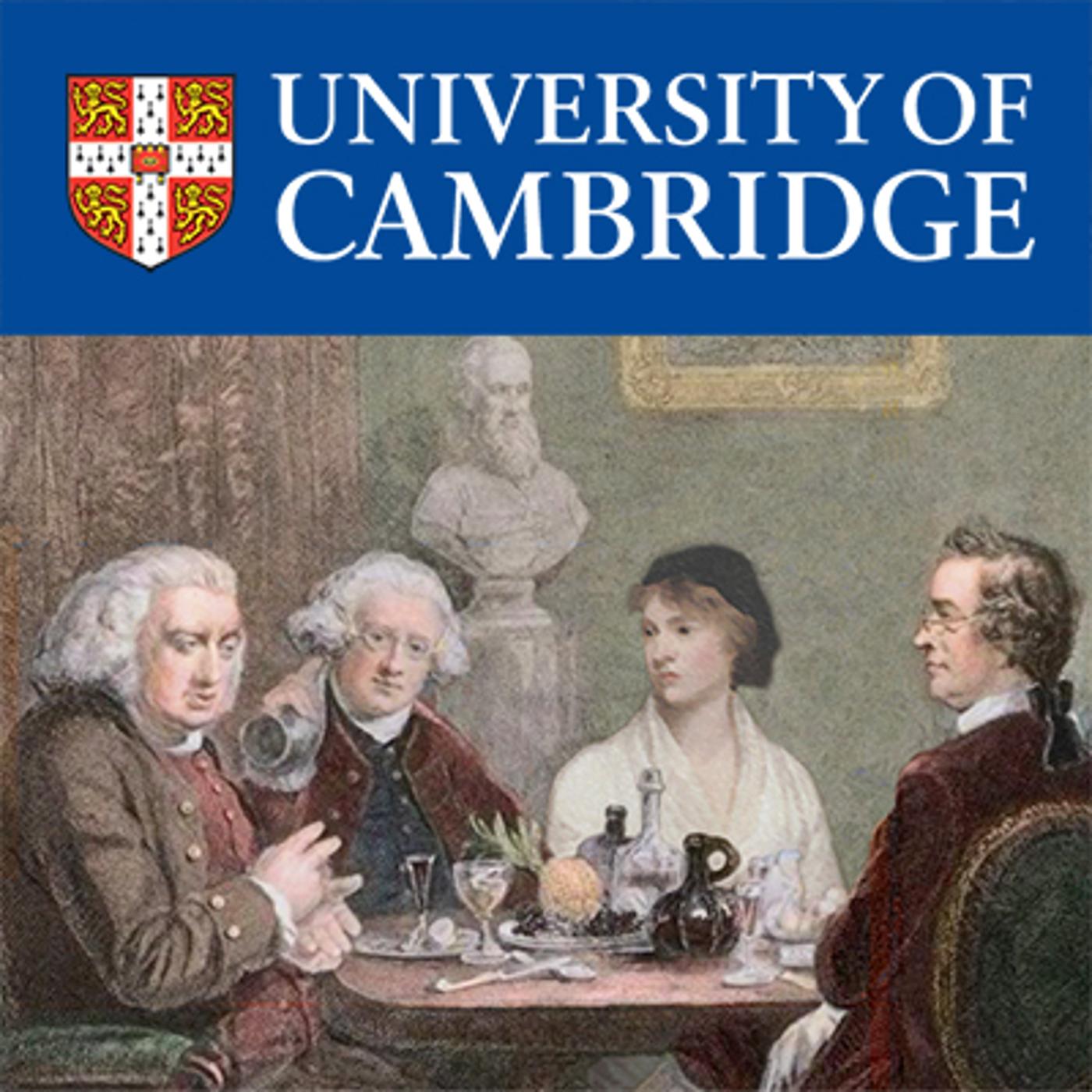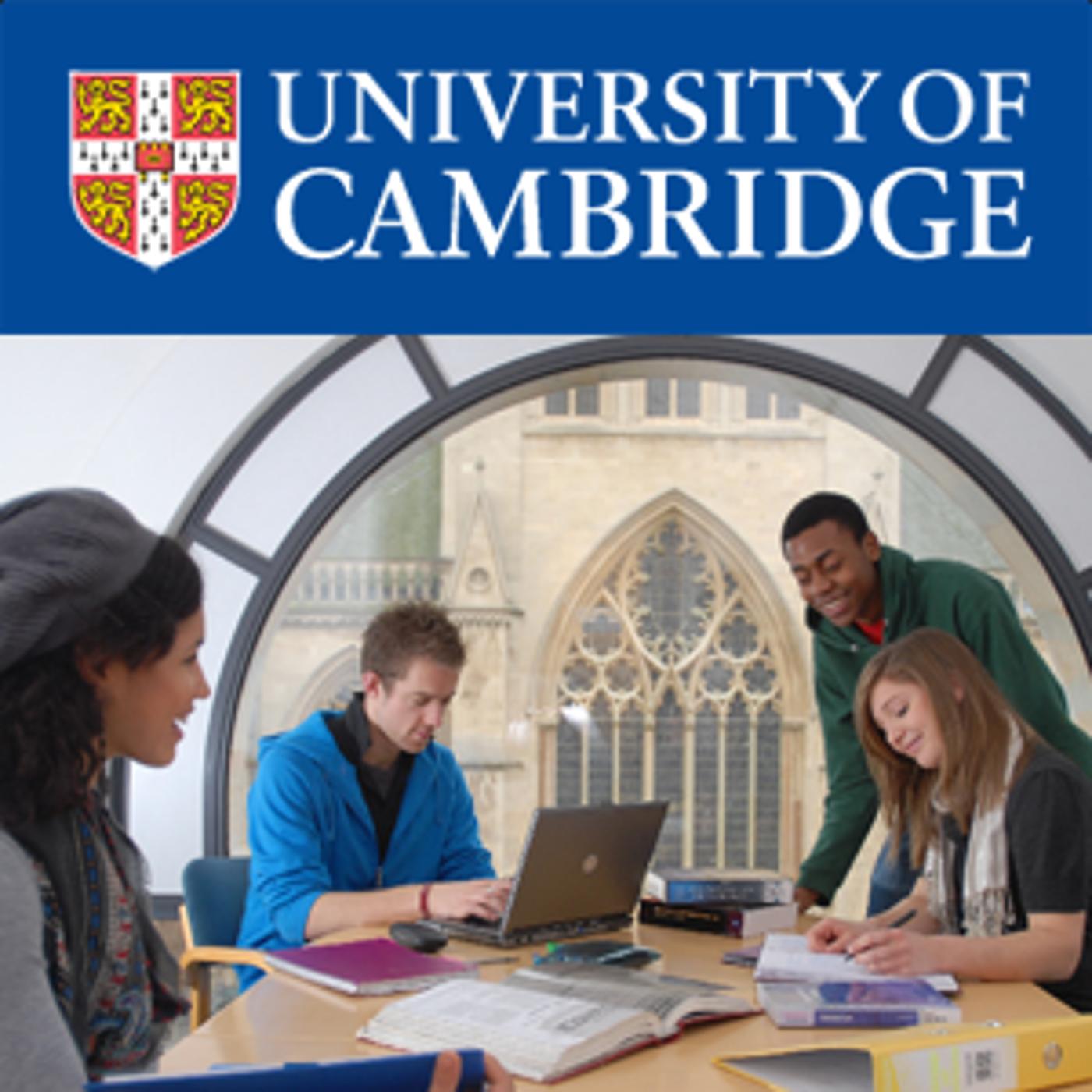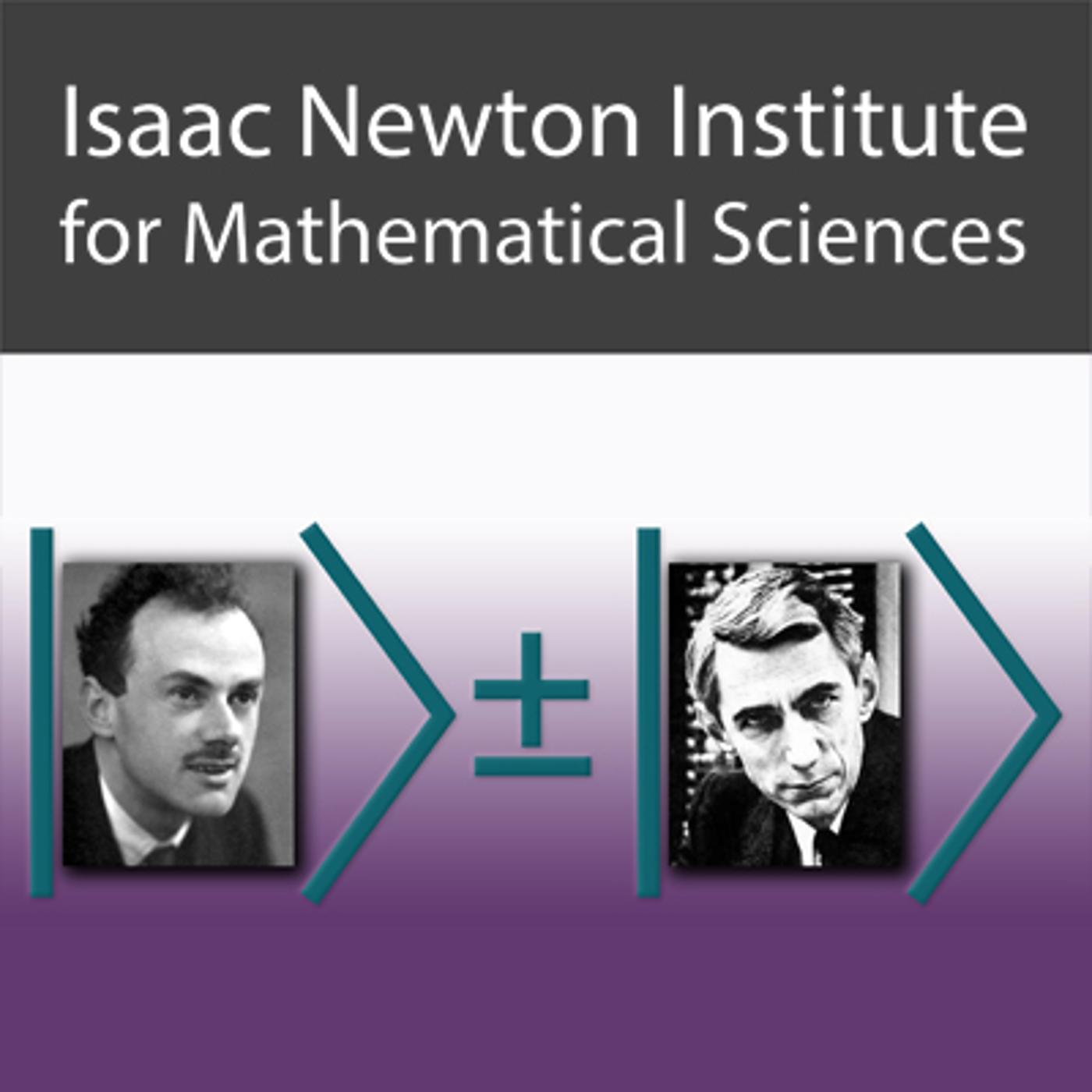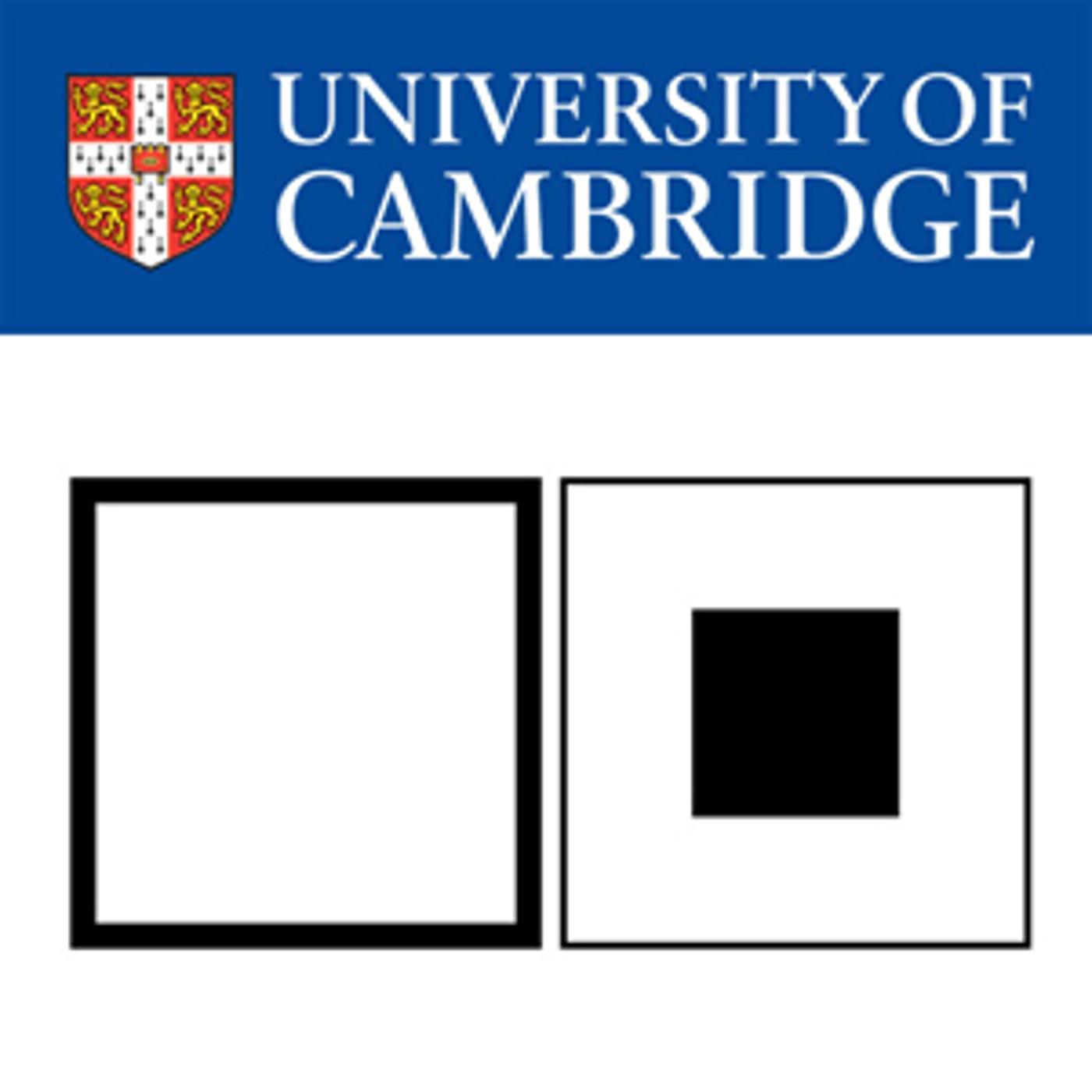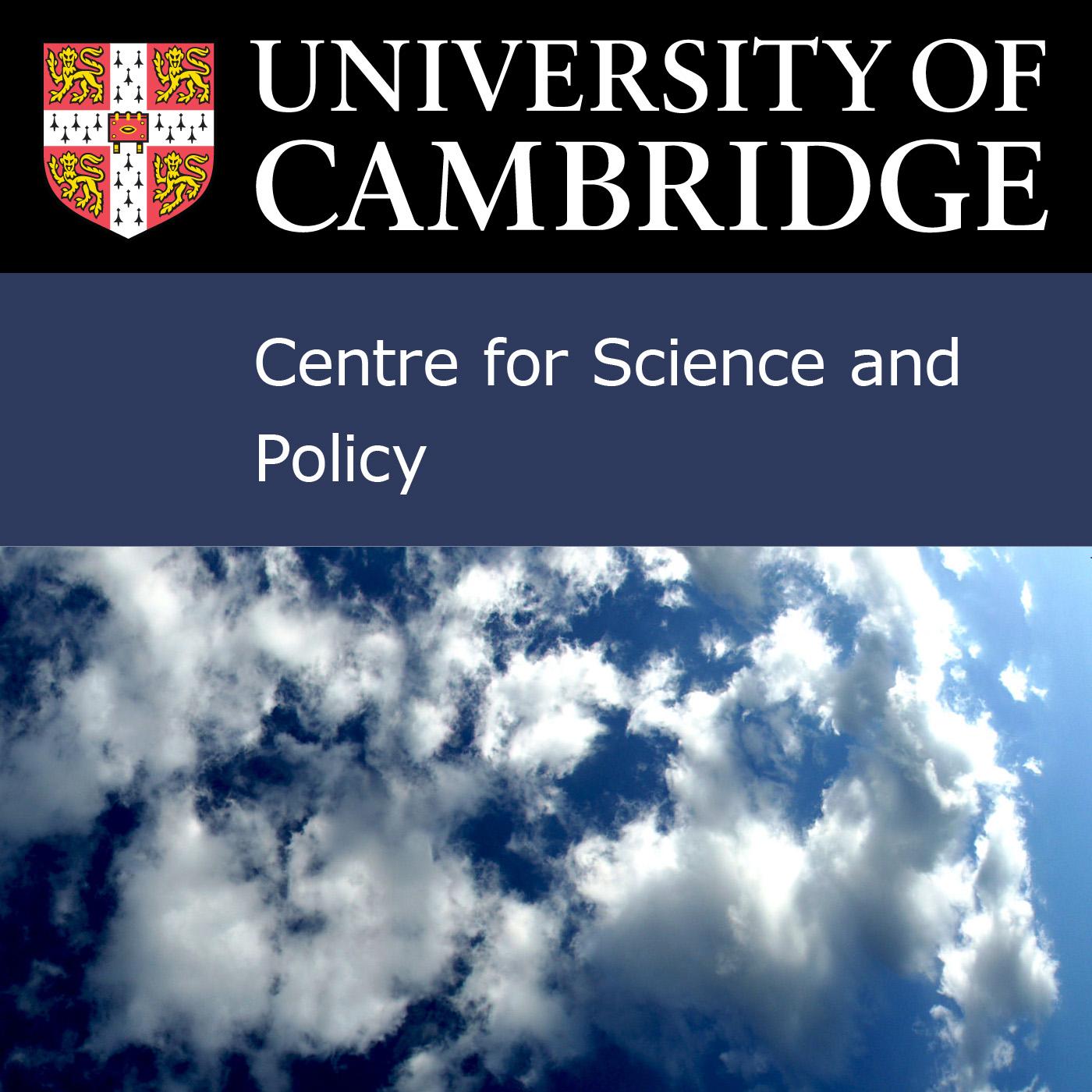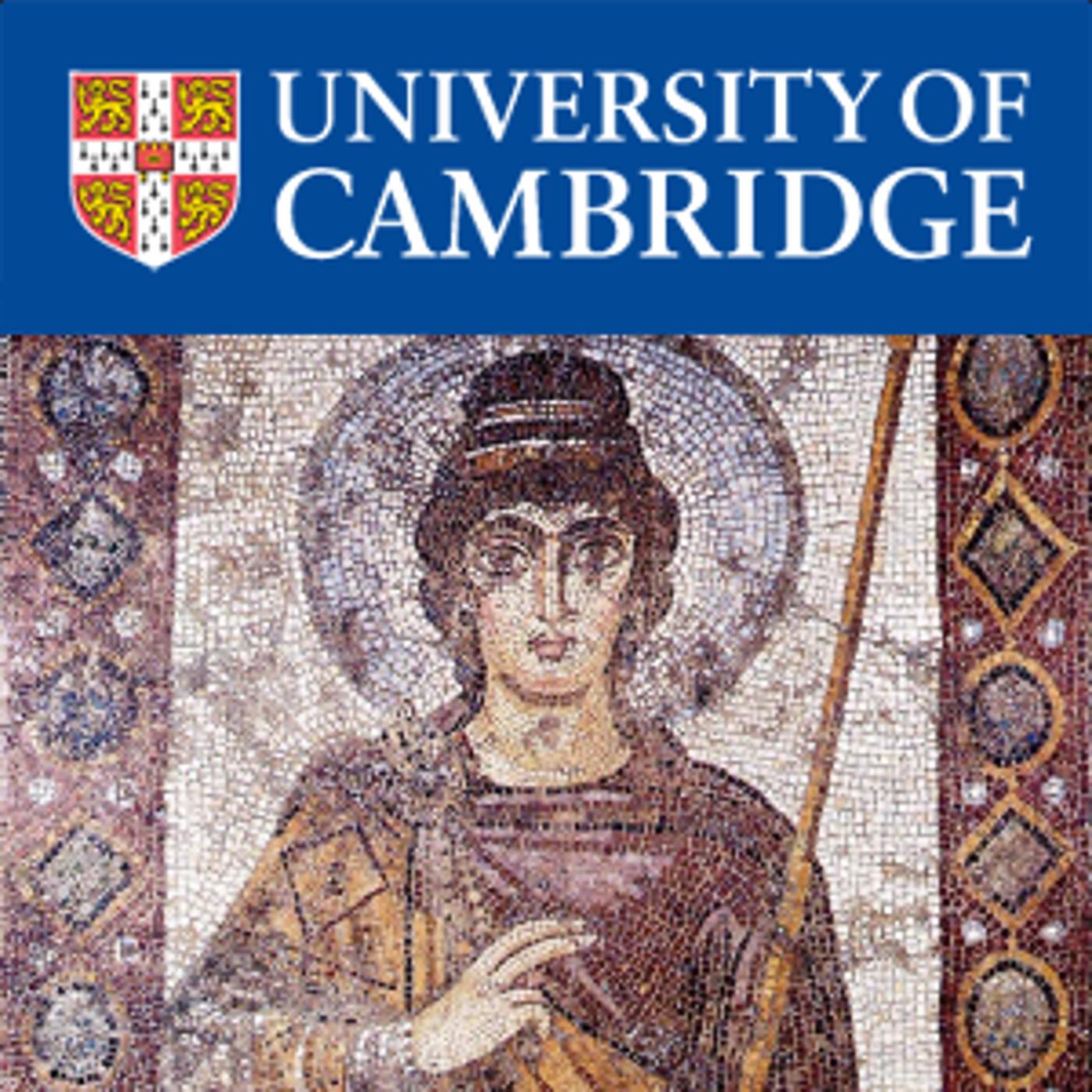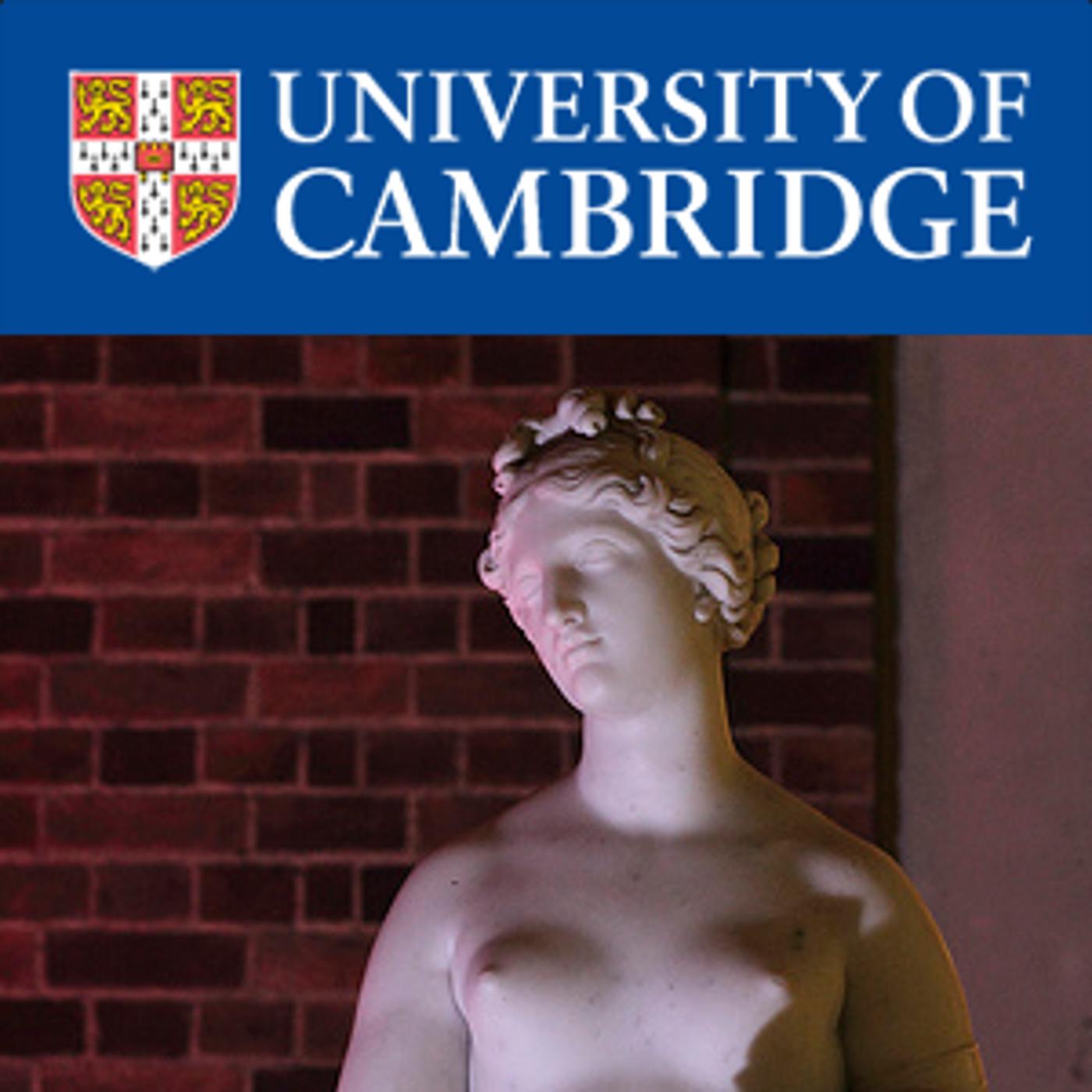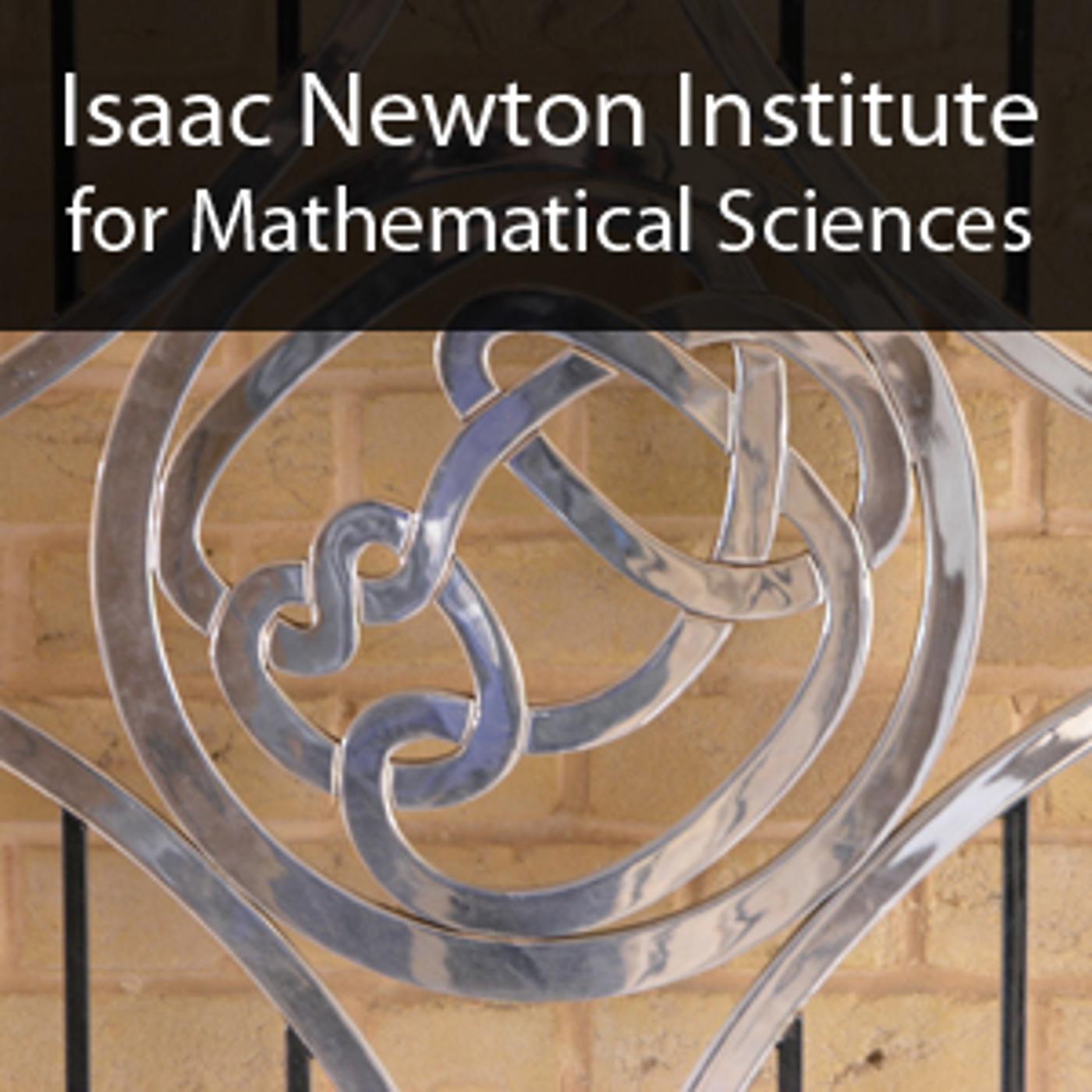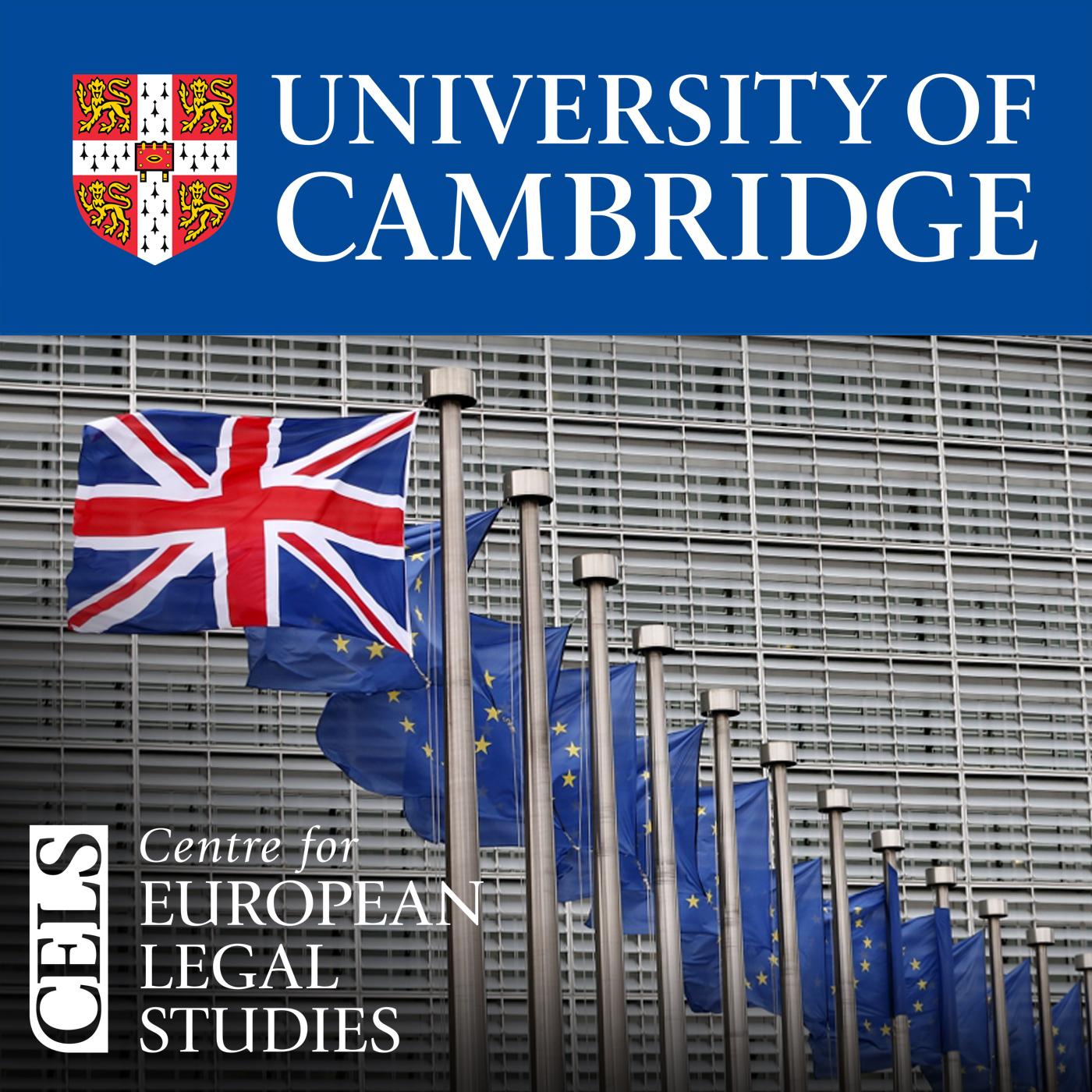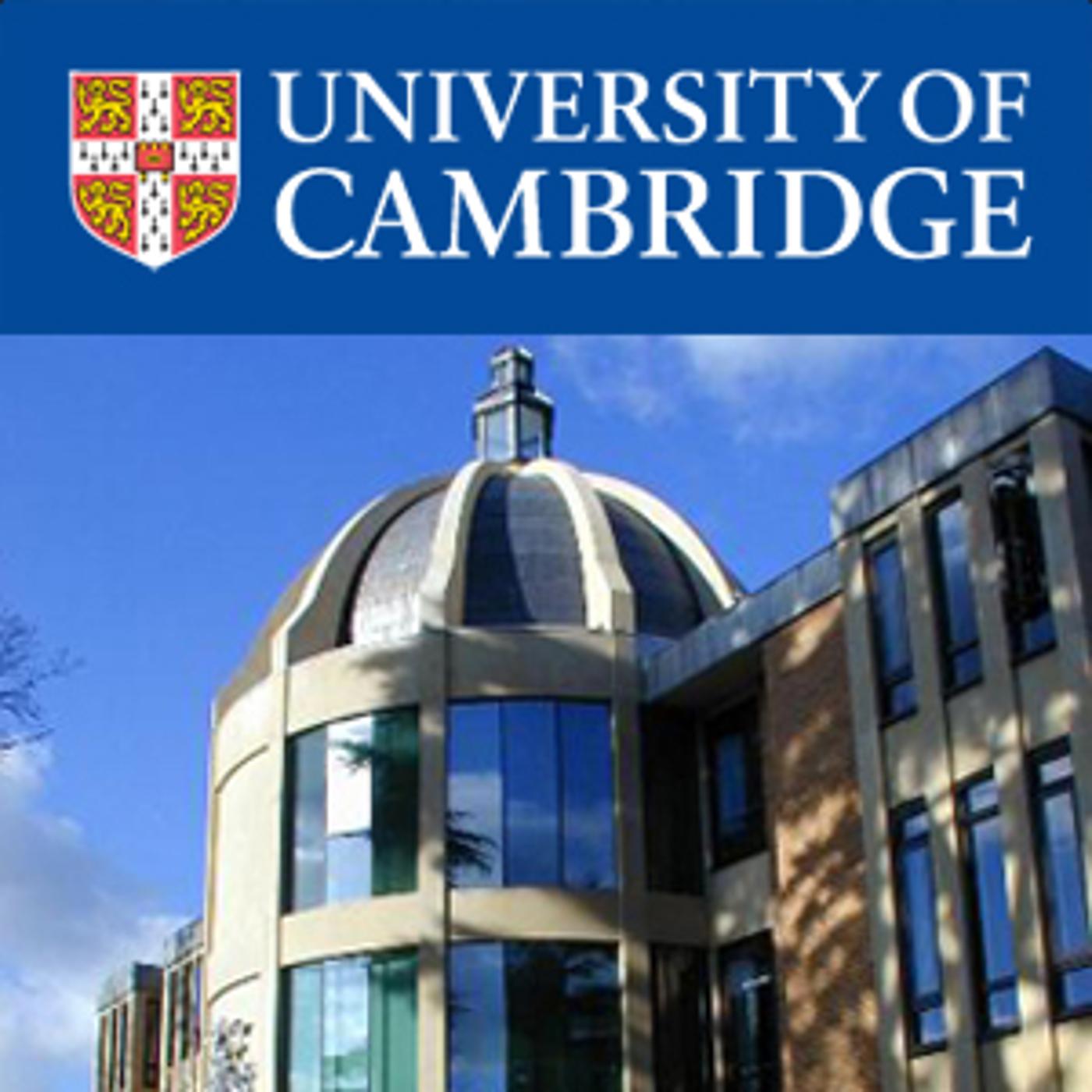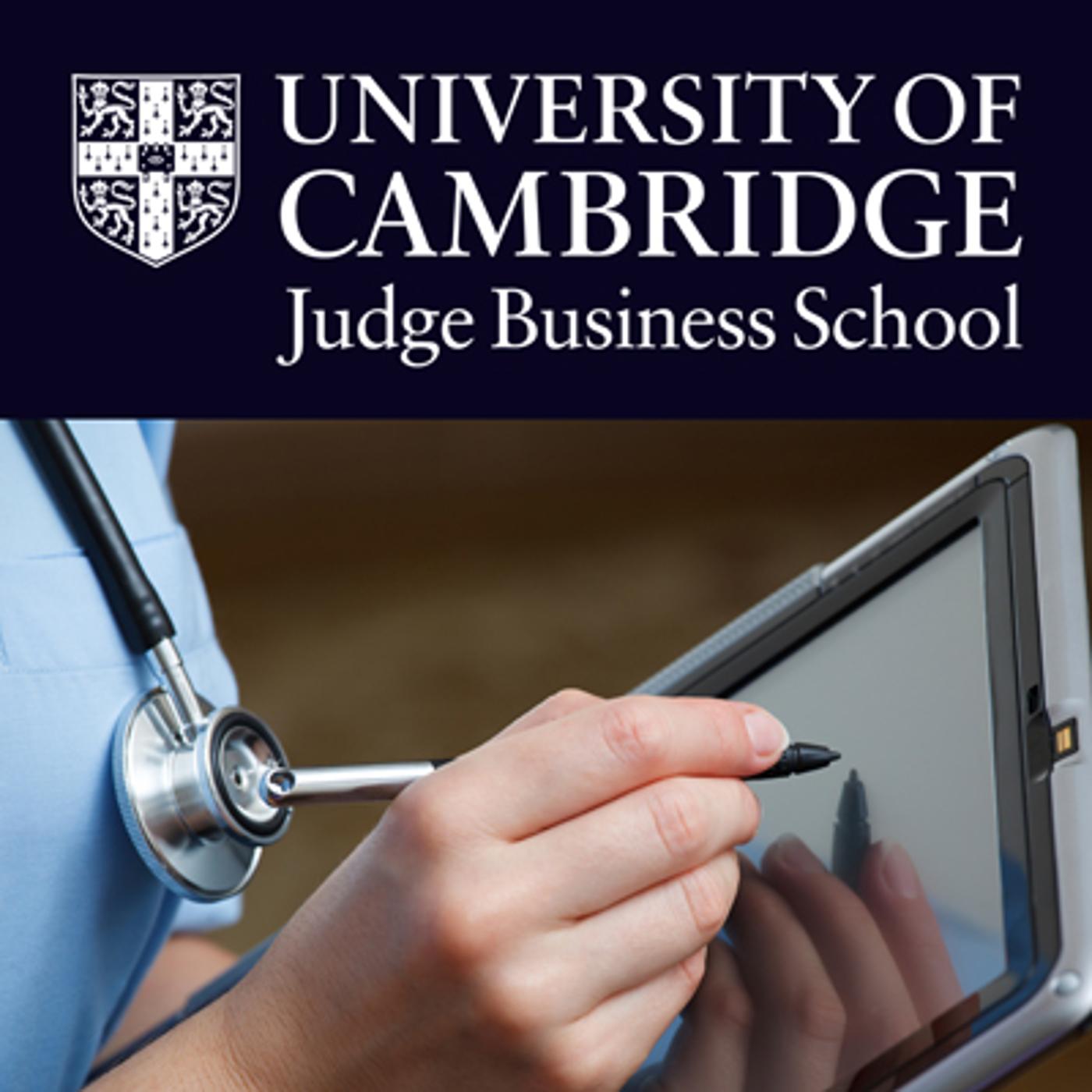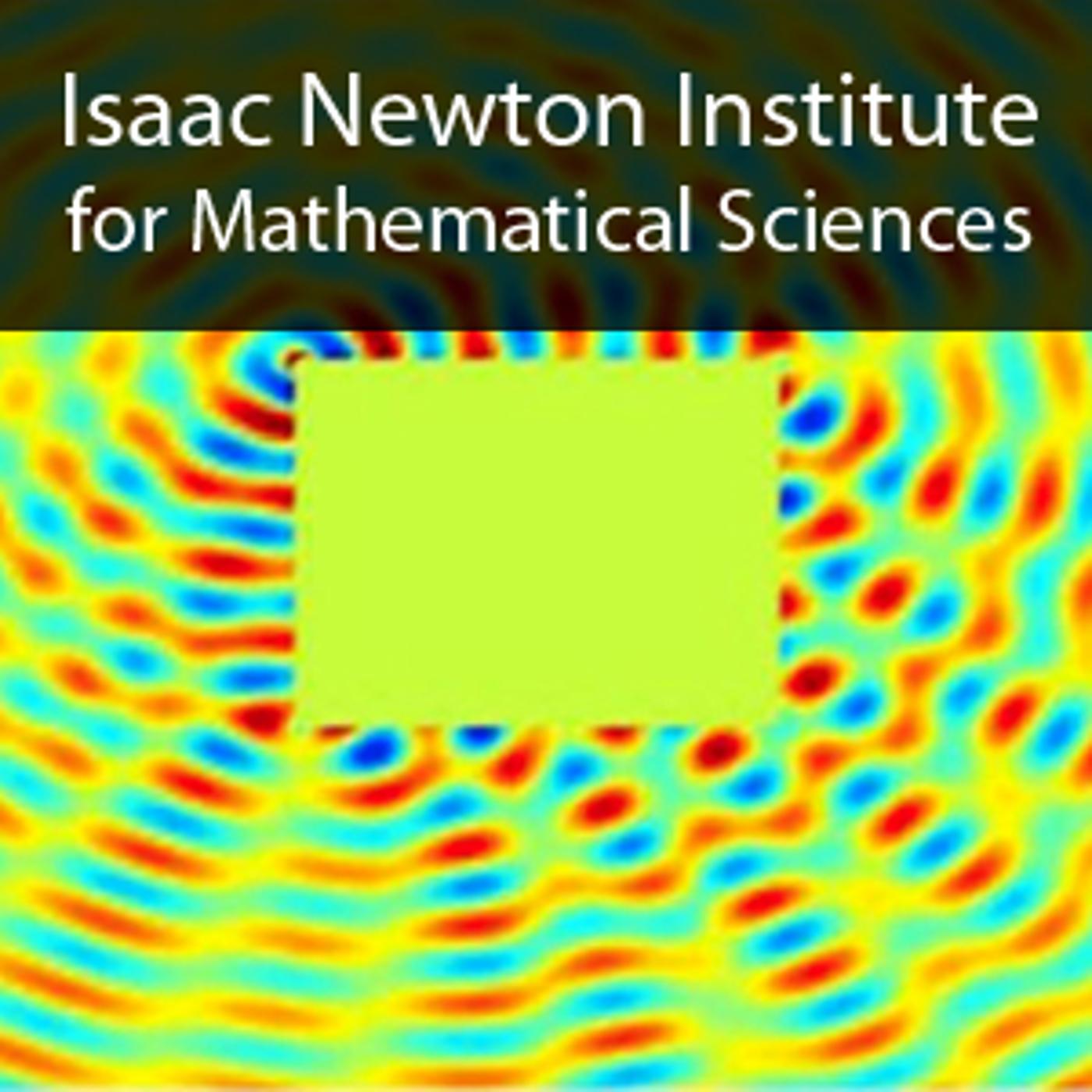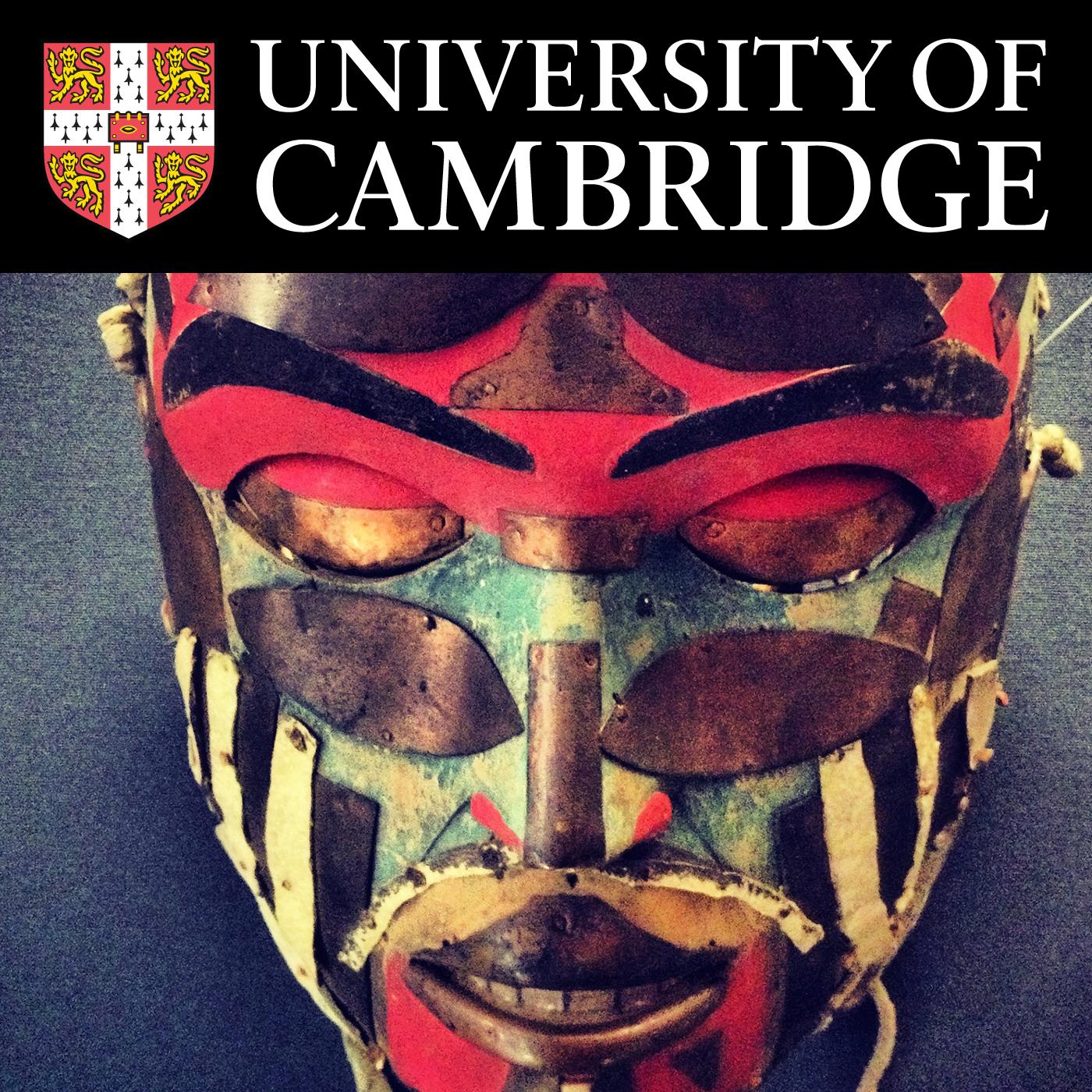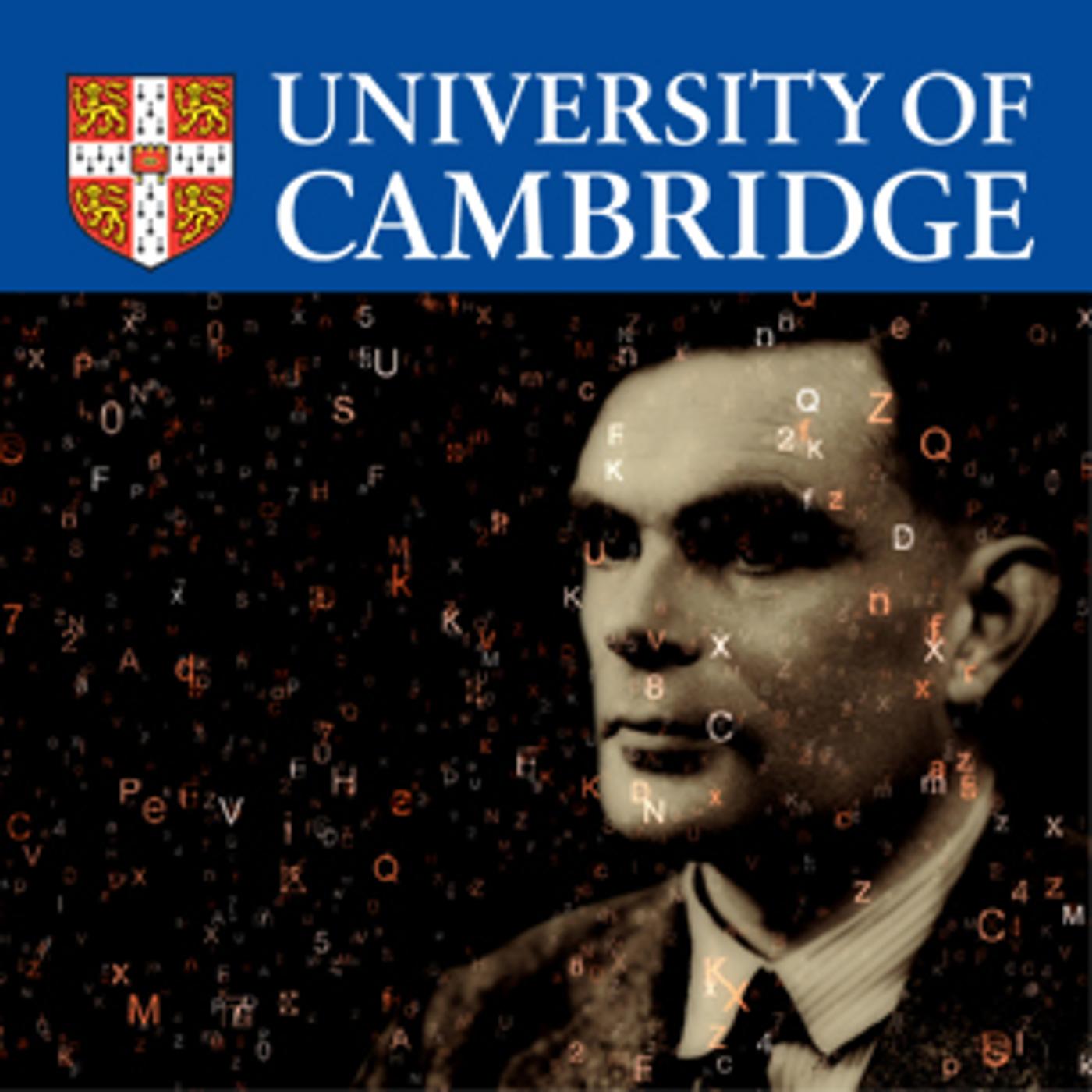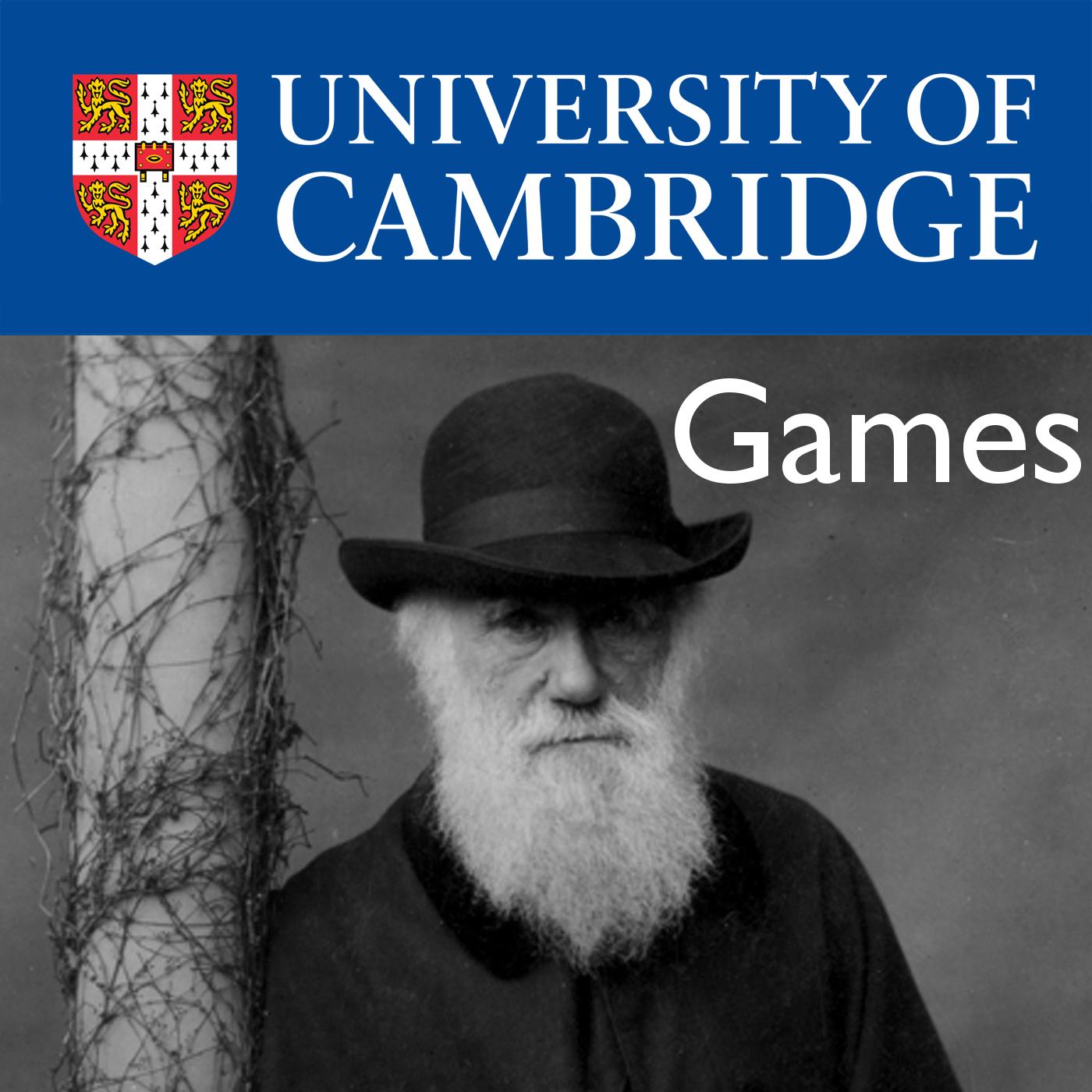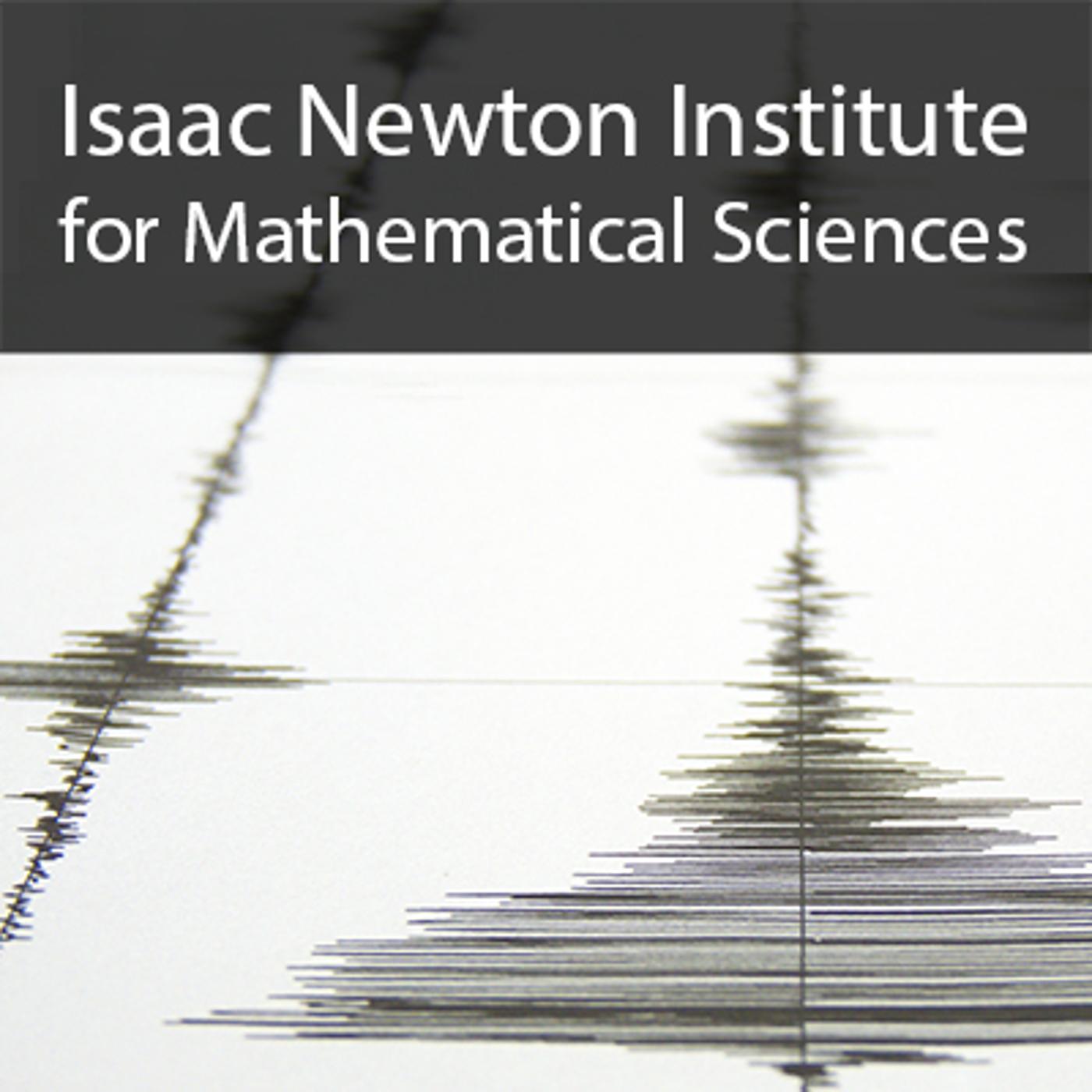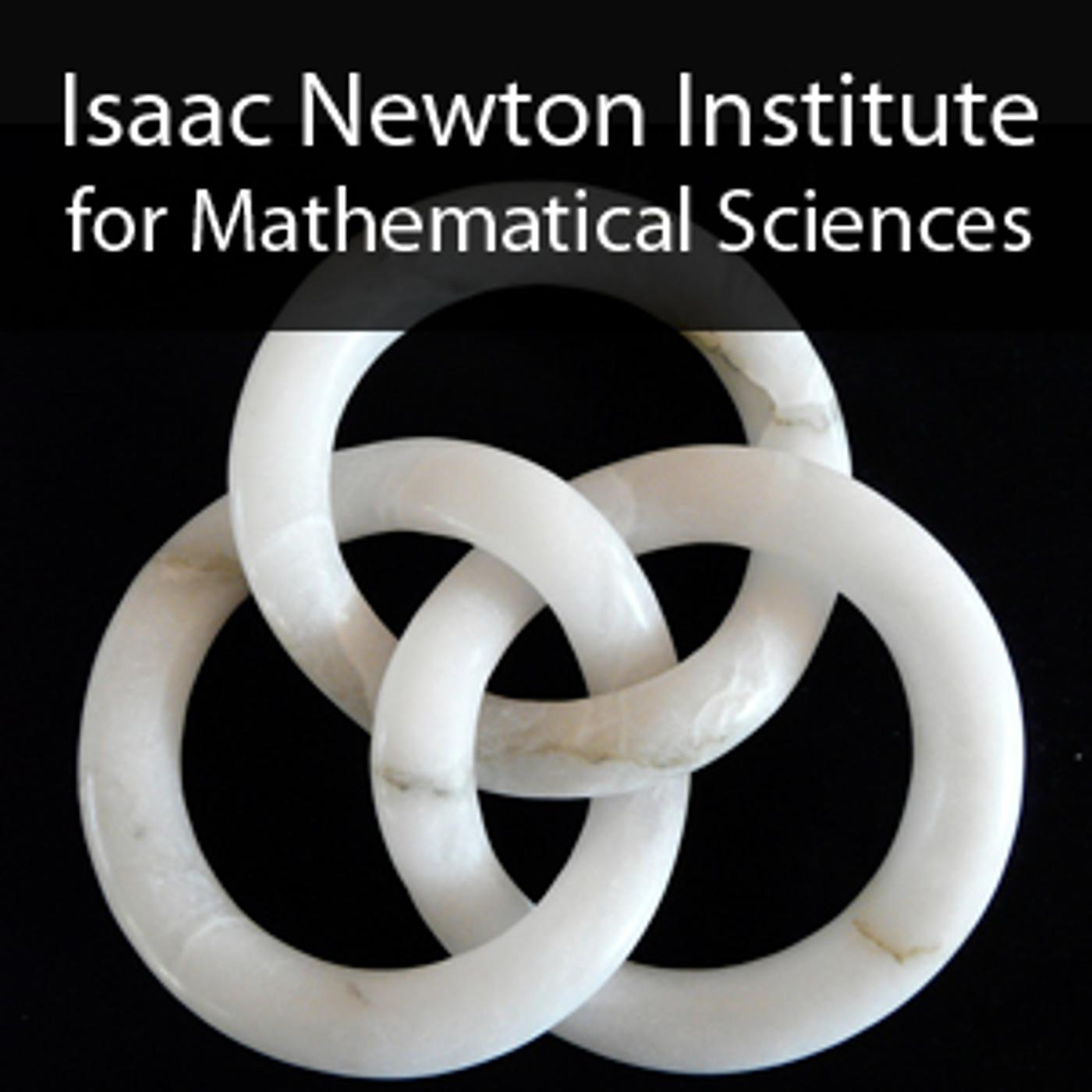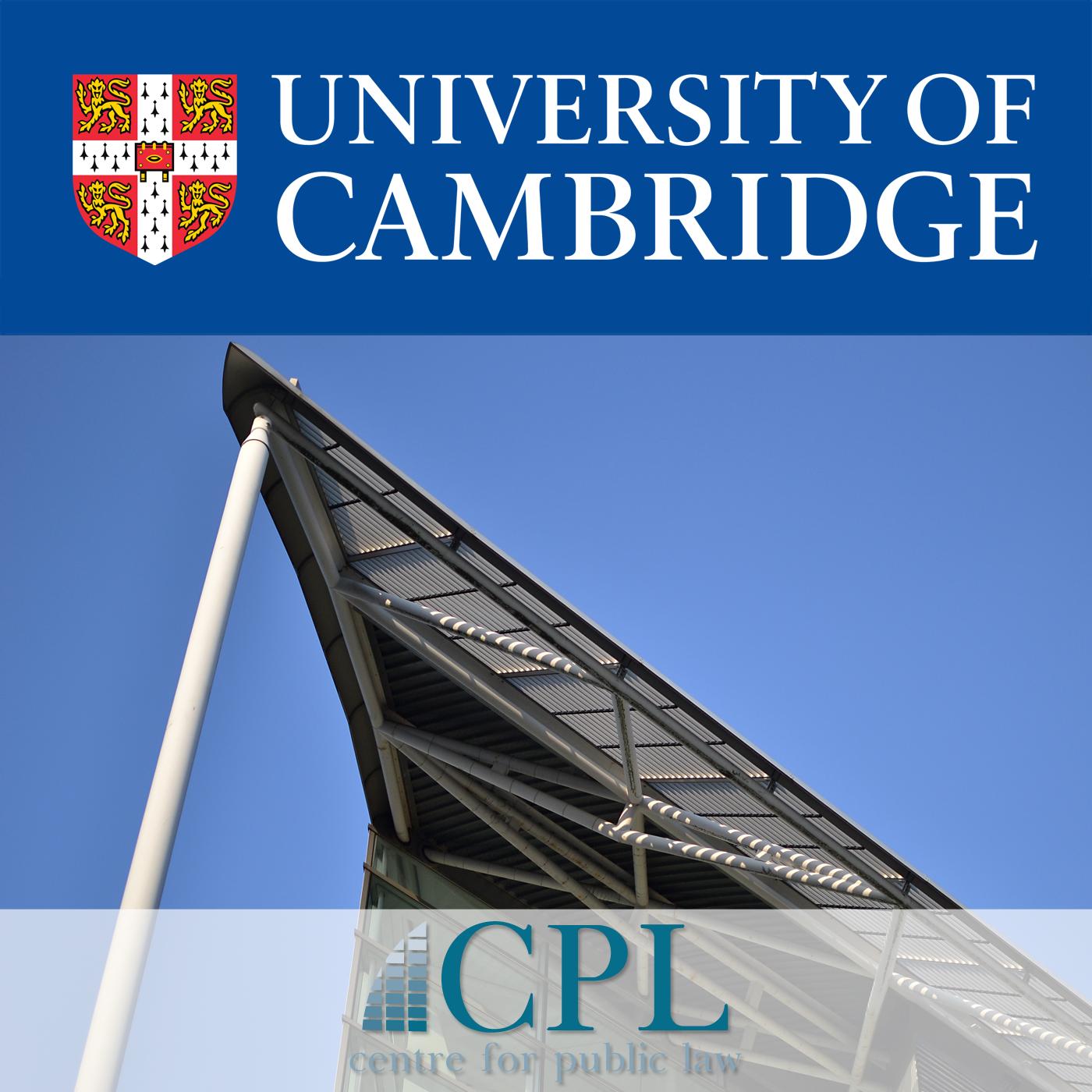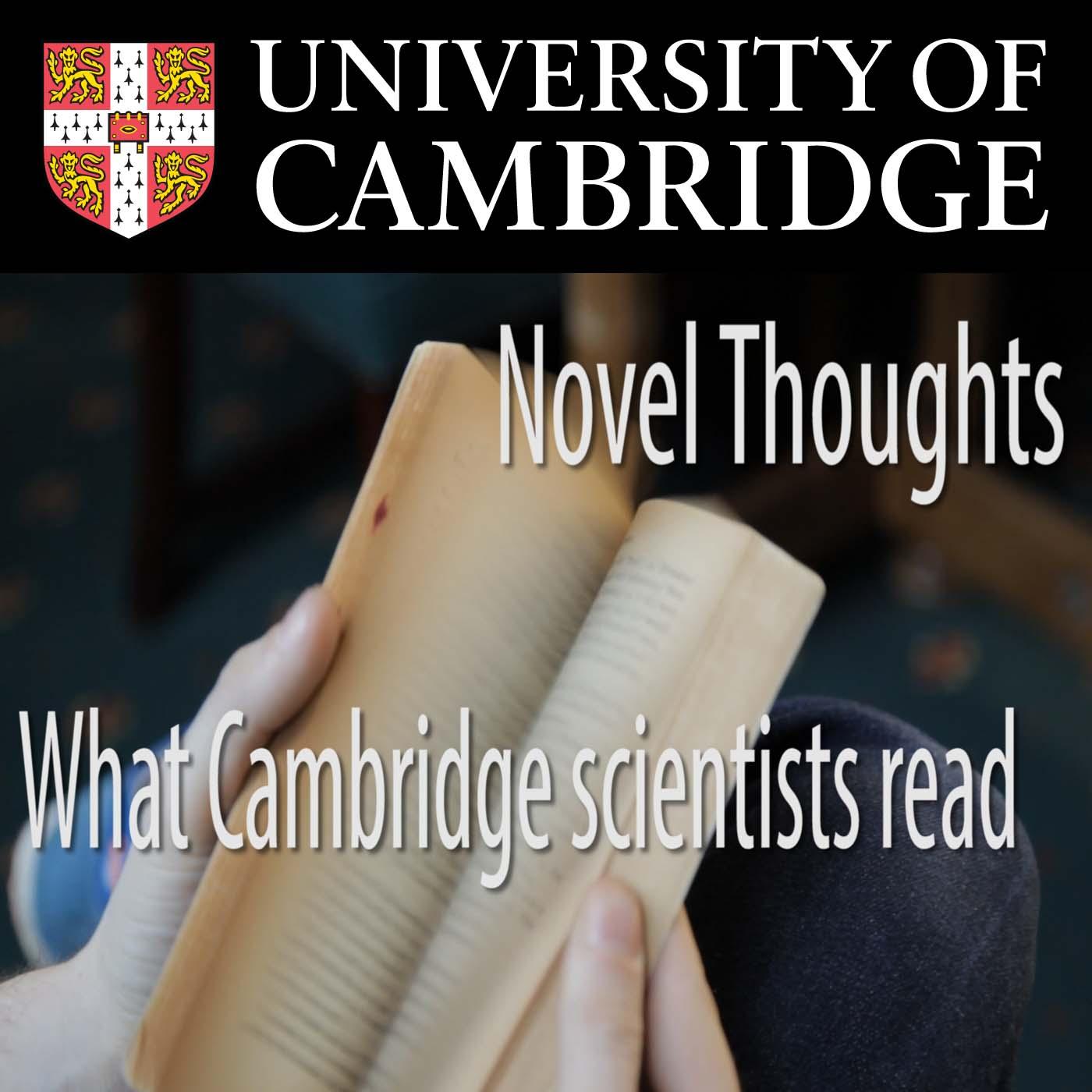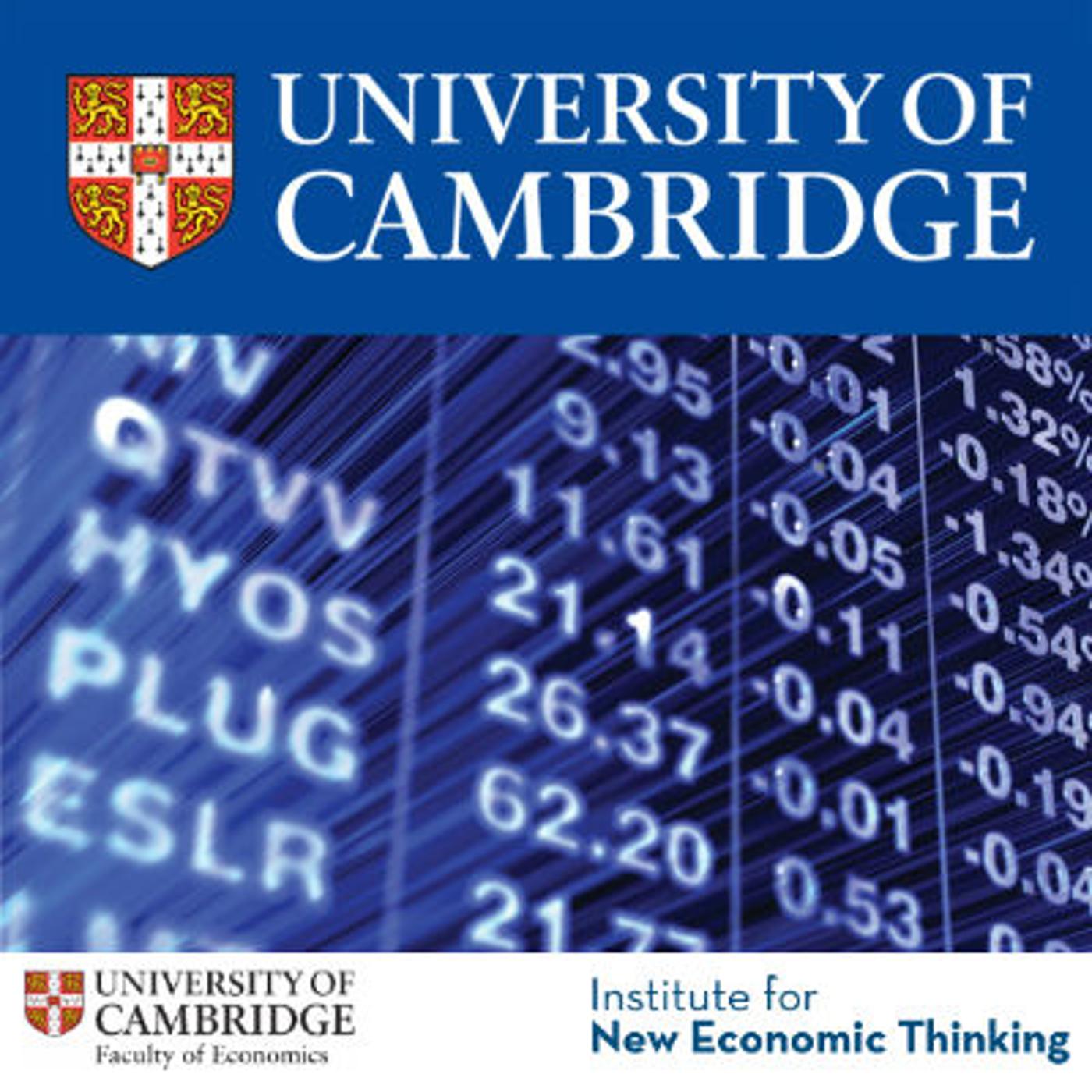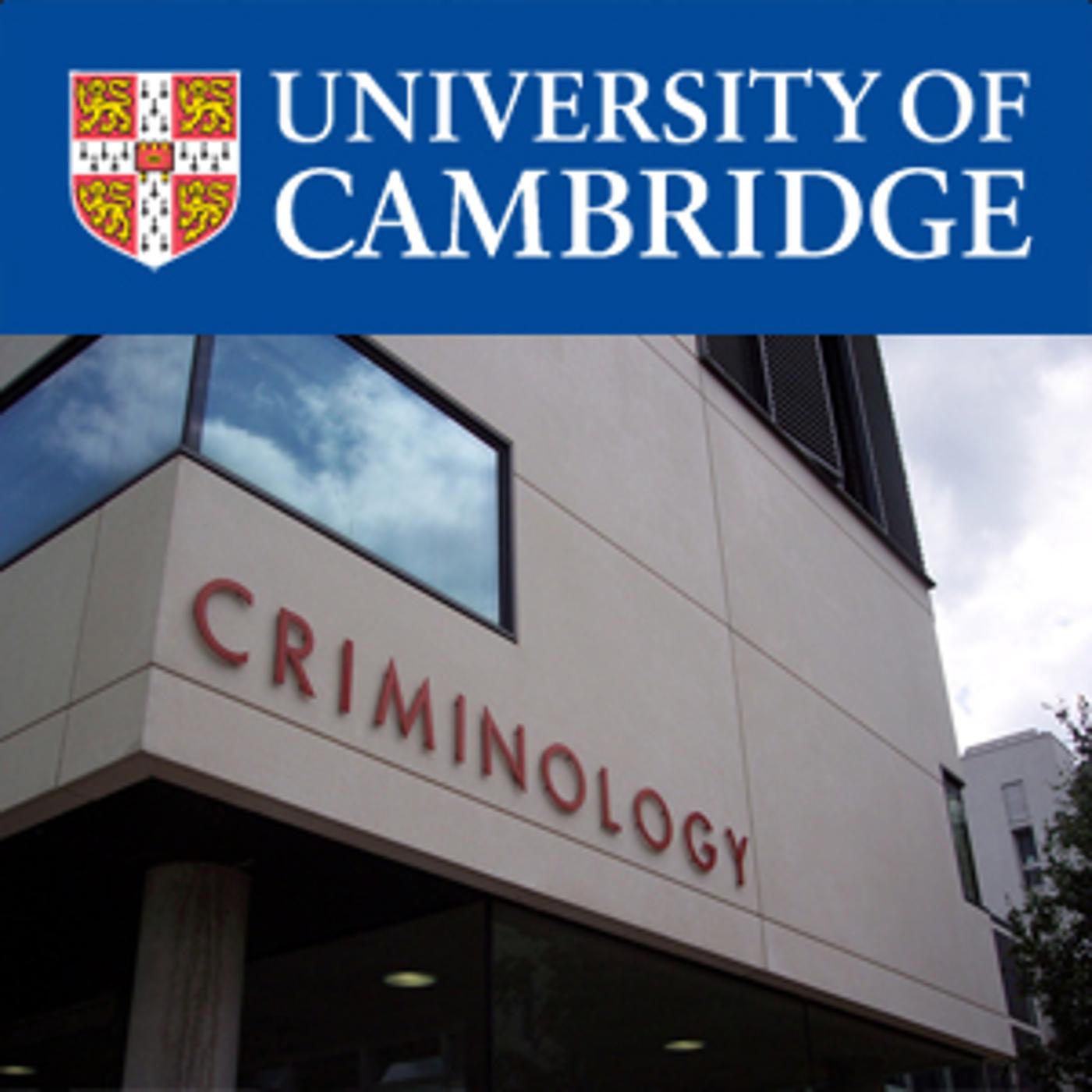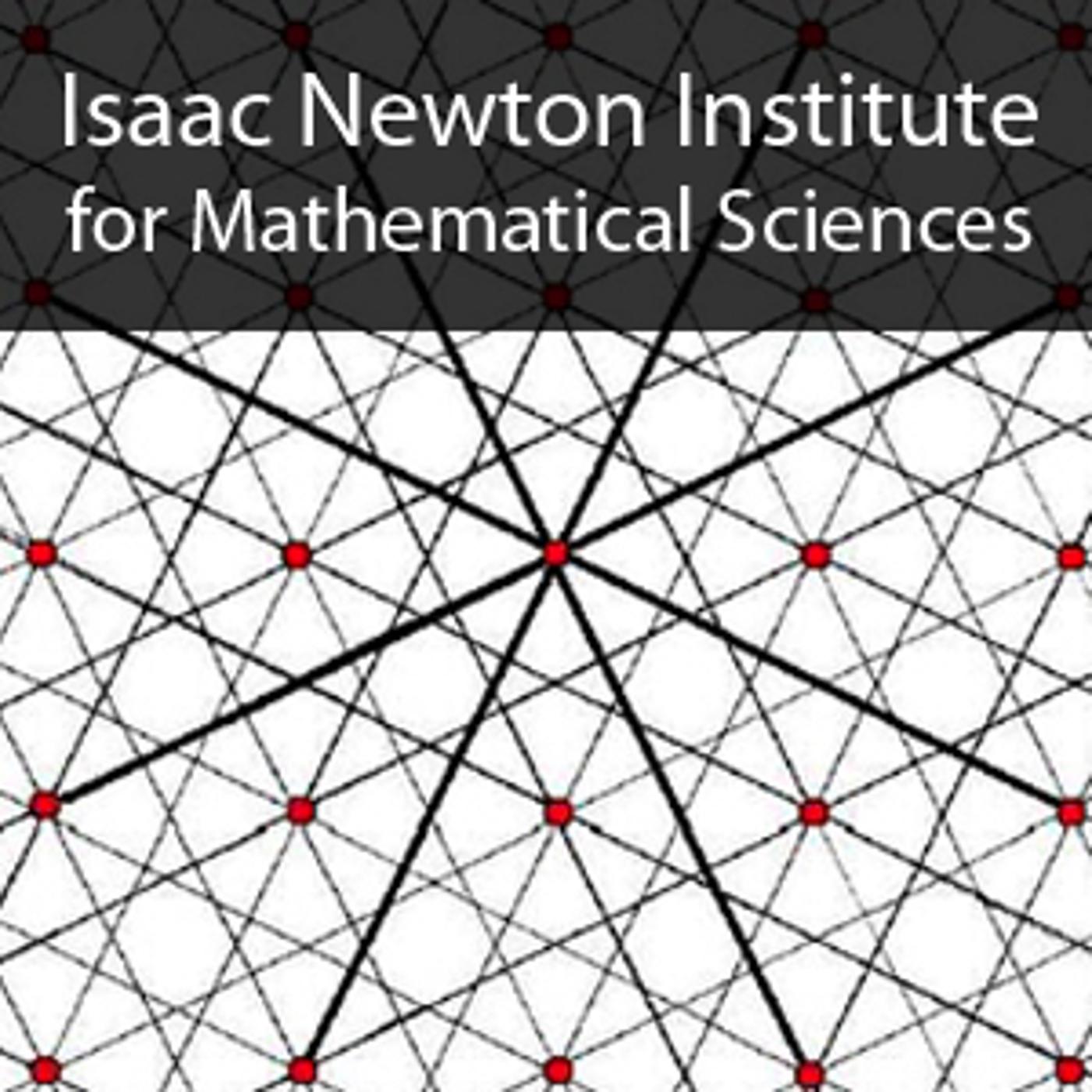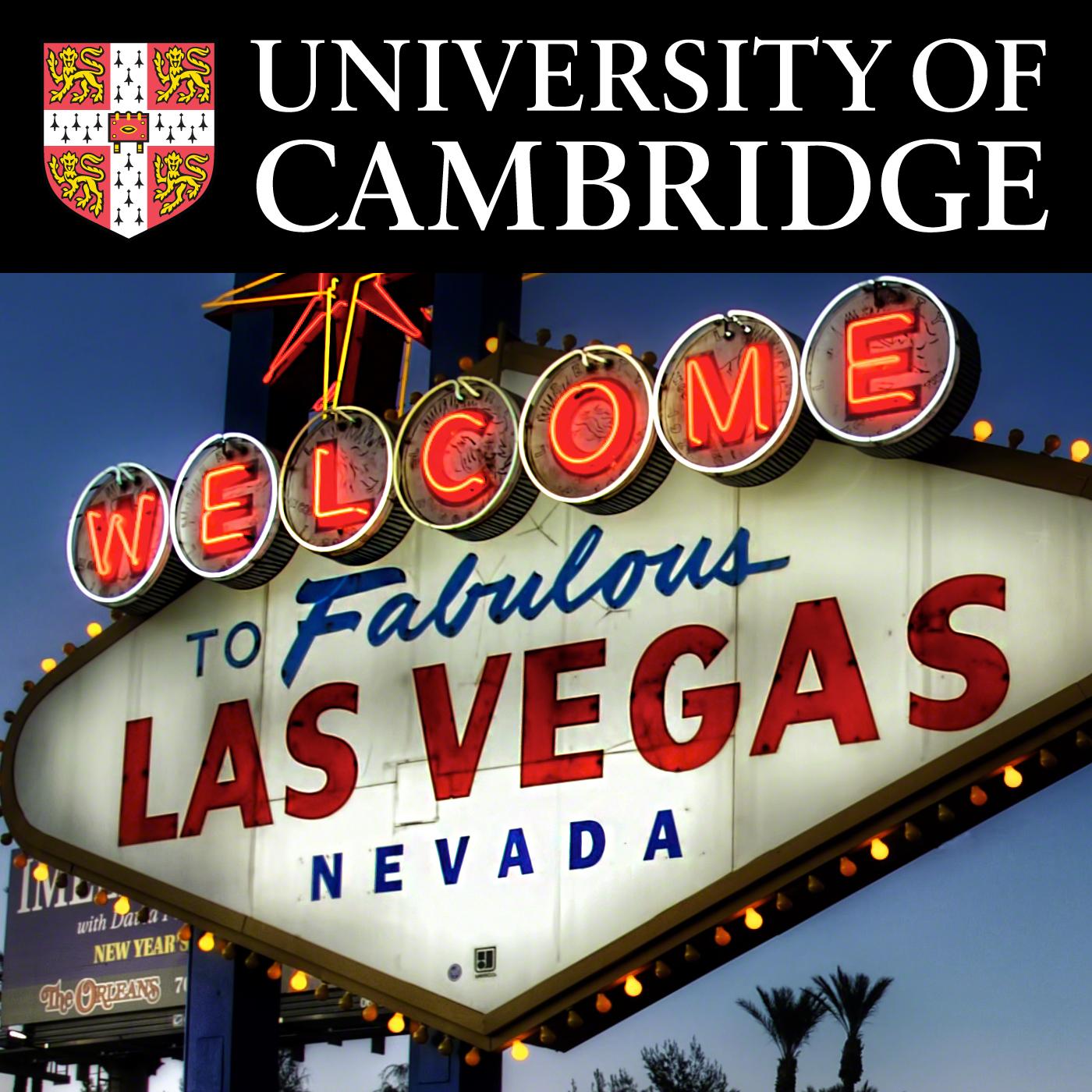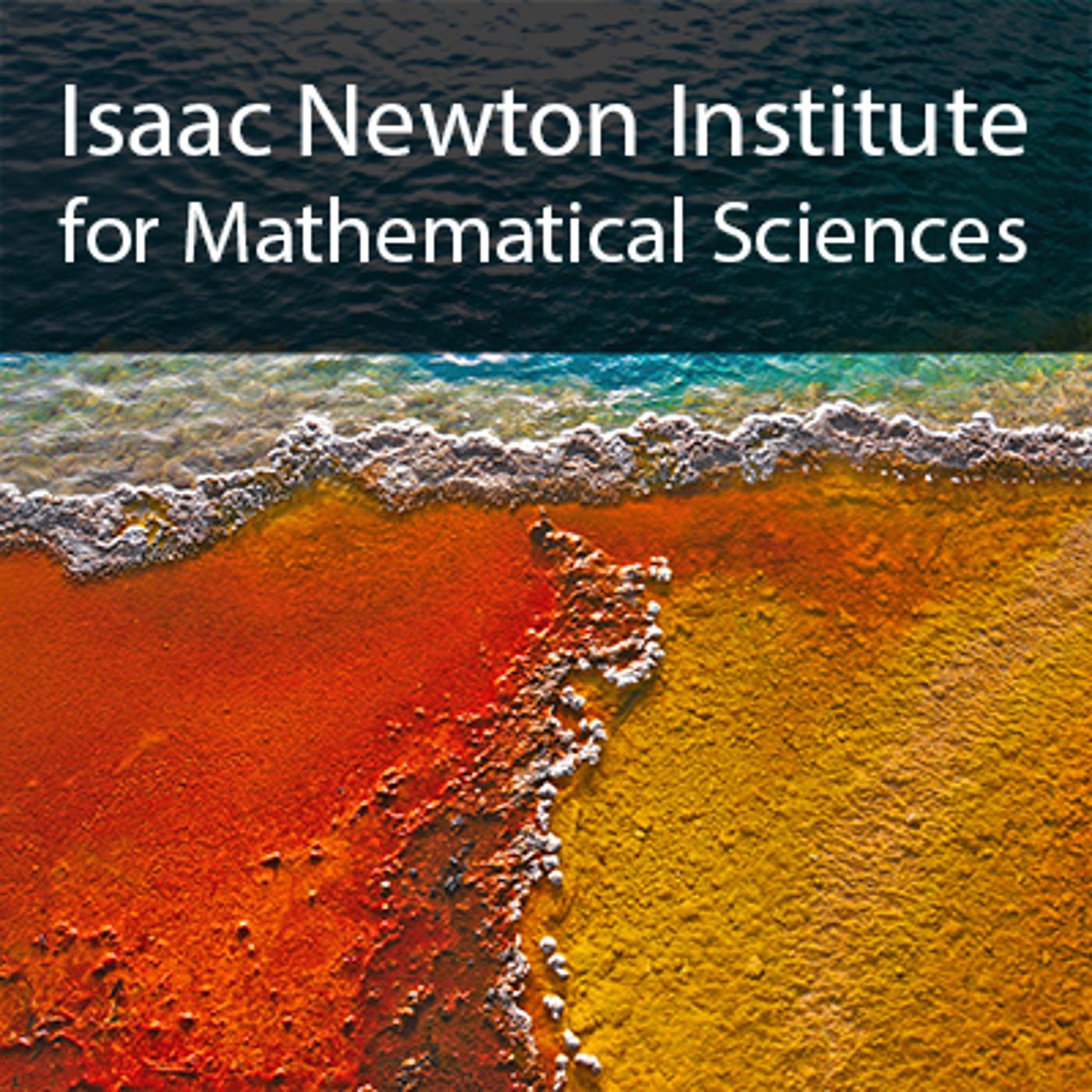Cambridge University
Cutting-edge expert commentary, analysis and business insights on the financial issues of the day from Cambridge Judge Business School's global faculty, associates and guest speakers.
Our best estimates of future climate are based on the use of complex computer models that do not explicitly resolve the wide variety of spatio-temporal scales making up Earth's climate system. The non-linearity of the governing physical processes allows energy transfer between different scales,...
The effects of the Tohoku Earthquake and Tsunami, Canterbury Earthquake Sequence, and Hurricanes Katrina and Sandy are discussed with respect to their impact on regional and international economics, national practices for security and recovery, and worldwide energy policy. The severity and far...
Law in Focus is a collection of short videos featuring academics from the University of Cambridge Faculty of Law, addressing legal issues in current affairs and the news. These issues are examples of the many which challenge researchers and students studying undergraduate and postgraduate law at...
The Cambridge Private Law Centre facilitates research and informed debate across all branches of private law including obligations, property, family and private international law.
The Centre supports the wide dissemination of rigorous and useful research, broadly informed by a variety of...
In this ongoing series of short videos from the Centre for European Legal Studies (CELS) at the Faculty of Law, academics from the around the University of Cambridge and beyond shed light on the key issues to be considered in the run up to the upcoming referendum on the UK's membership of the...
Human Rights after Brexit podcast is a series of nine podcasts in which young human rights experts discuss the implications of Brexit for human rights protection in the UK. Employment, equality, data protection, are all in danger of being undermined. In these podcasts, experts seek to identify...
On 1 January 2013, it will be twenty years since Epidemic Models started as a 6-month programme in the first year of the Isaac Newton Institute for Mathematical Sciences. Since then, the field has grown enormously, in topics addressed, methods and data available (e.g. genetics/genomics,...
The McDonald Institute for Archaeological Research serves as an interdisciplinary hub aiming to provide a shared intellectual home for archaeologists at Cambridge with a programme of seminars, workshops, conferences, publications and research grants as well as laboratory space for a wide range of...
The Science Festival aims to provide the public with opportunities to explore and discuss issues of scientific interest and concern and to raise aspirations by encouraging young people to consider a career in science, technology, engineering or mathematics.
Treasuries of Knowledge: Collecting and Transmitting Information in the Early Modern World
Colloquium, 8 April 2016
Organisers: Jennifer Bishop, Liesbeth Corens, and Tom Hamilton
Early modern people understood collections of information as ‘treasuries’, both in a metaphorical and a material...
Free boundary problems are today considered as one of the most important directions in the mainstream of the analysis of partial differential equations (PDEs), with an abundance of applications in various sciences and real world problems. In the last two decades, various new ideas, techniques,...
Cutting-edge expert commentary, analysis and business insights on the innovation issues of the day from Cambridge Judge Business School's global faculty, associates and guest speakers.
The Cambridge Animal Alphabet series celebrates Cambridge's connections with animals through literature, art, science and society.
A series of free public lectures given by leading authorities in their fields. The lectures take place at Madingley Hall, home of the University of Cambridge Institute of Continuing Education (ICE). The Madingley Lectures are an important part of ICE's commitment to public engagement.
This collection comprises lectures and seminars from the Institute of Criminology at the University of Cambridge, UK, which has a worldwide reputation for excellence in both research and teaching.
The Institute, founded by Sir Leon Radzinowicz 50 years ago, was one of the first criminological...
We are witnessing increasing divisions in society whereby health gains for some are not shared by others; where social mobility is falling; and where the pay gap between ordinary workers and corporate leaders has grown exponentially. Inequality is now a mainstream political issue. What does...
Ever since the discovery in 1995 of an object with half the mass of Jupiter in a four-day orbit around the star 51 Pegasi, it has been clear that the dynamics of extrasolar planetary systems can be quite different from that of our solar system. More than 200 extrasolar planets have now been...
The Cambridge Science Festival is the UK's largest free event of its kind. It engages with people across a range of scientific interests and concerns as well as encouraging young people to study science at school and university. Watch this space for details of the March 2009 Festival.
The Clare Hall Colloquium offers an opportunity to test out ideas and arguments before an audience which is smart and interested, but has no specialist knowledge of the topic.
Podcasts for people interested in applying to Cambridge University.
Quantum information is currently one of the most dynamic and exciting areas of science and technology. Its breadth of significance ranges from deep fundamental issues of the ultimate physical limits of information processing and foundations of quantum mechanics, to the technological exploitation...
The Martin Centre for Architectural and Urban Studies is the research division of the University of Cambridge Department of Architecture, honoring in its title the late Sir Leslie Martin, Emeritus Professor of Architecture. Since 1970, the Centre has held open lectures once a week during full...
The Centre for Science and Policy helps the sciences and technology to serve society by promoting engagement between researchers and policy professionals.
Image courtesy of margarita mp from Flickr Creative Commons
The Cambridge Late Antiquity Network Seminar series
Public lectures about philosophy sponsored by Routledge.
From seagrass to sunfish, dugongs to diatoms, Naked Oceans uncovers the hidden secrets of the sea. Join us in conversation with top marine experts as we explore the latest ocean science and conservation and answer your aquatic questions.
The past half-decade has seen an increasing interaction between combinatorialists, probabilists, computer scientists and theoretical physicists concerned broadly with the study of "probability theory on graphs" or "statistical mechanics on graphs".
The programme will build on this...
The Mackenzie-Stuart Lecture is an annual public lecture in honour of Lord Mackenzie-Stuart, the first British Judge to be President of the Court of Justice. The lecture is hosted at the University of Cambridge Faculty of Law, by the Centre for European Legal Studies (CELS). Among the eminent...
The Wolfson Law Society (WLS), at Wolfson College, University of Cambridge, hosts a range of educational, professional and social events for students interested in the law.
Cutting-edge expert commentary, analysis and business insights on the health management issues of the day from Cambridge Judge Business School's global faculty, associates and guest speakers.
High oscillation pervades a very wide range of applications: electromagnetics, fluid dynamics, molecular modelling, quantum chemistry, computerised tomography, plasma transport, celestial mechanics, medical imaging, signal processing. It has been addressed by a wide range of mathematical...
A collection of lectures organised by the Wolfson College Cambridge Humanities Society.
This series of lectures helps you understand how to match your business ideas with sources of funding and shows how this is central to being able to raise money for your ideas. Lord Karan Bilimoria CBE DL explains how he managed to raise money for his business.
Plenary talks at the conference on Computability in Europe 2012, which was held in Cambridge June 18-23 to commemorate the centenary of the birth of Alan Turing.
In the second term of every academic year since 1986 Darwin College has organised a series of eight public lectures. Each series has been built around a single theme, approached in a multi-disciplinary way, and with each lecture prepared for a general audience by a leading authority on his or her...
In many applications data is collected over time or can be ordered with respect to some other criteria (e.g. position along a chromosome). Often the statistical properties, such as mean or variance, of the data will change along data. This feature of data is known as non-stationarity. An...
Grothendieck-Teichmüller theory goes back to A. Grothendieck's celebrated Esquisse d'un programme. In 1991, V. Drinfel'd formally introduced two Grothendieck-Teichmüller groups, the former one related to the absolute Galois group and the latter one related to the deformation theory of a certain...
From 12 to 14 September 2016, the Faculty of Law at the University of Cambridge held the second in a biennial series conferences on Public Law.
The theme for the second Public Law Conference was "The Unity of Public Law?". The conference brought together academics, judges and practitioners from...
‘Novel Thoughts’ is a series exploring the literary reading habits of eight Cambridge scientists. From illustrated children’s books to Thomas Hardy, from Star Wars to Middlemarch, we find out what fiction has meant to each of the scientists and peek inside the covers of the books that have played...
A range of interviews and lectures from entrepreneurs and experts providing insights, advice and commentary on current issues and research topics.
Conversations in Economics is a series of interviews with Cambridge-INET Institute visitors. These distinguished economists explore some of today’s most challenging economic questions and introduce viewers to their exciting research. http://www.inet.econ.cam.ac.uk/video-series/
The Cambridge Private Law Centre facilitates research and informed debate across all branches of private law including obligations, property, family and private international law.
The Centre supports the wide dissemination of rigorous and useful research, broadly informed by a variety of...
The Institute of Criminology holds an annual international conference on Evidence Based Policing, Chaired by Professor Lawrence Sherman in association with the National Policing Improvement Agency (NPIA) and the Society for Evidence Based Policing (SEBP).
The 5th conference was held at the...
Analysis on graphs and other discrete structures has been developing for quite some time, in particular due to applications to number theory, algebra, probability theory, spectral geometry, as well as to its usefulness in many practical problems. This area, however, has experienced recently a...
Objects in Motion brings together scholars, curators and artists from around the world to dialogue about material objects in transition - cultural, temporal and geographical.
All material objects are produced within specific contexts – whether they are ancient Roman tombstones, century-old Inuit...
Metagenomics is the study of the total genomic content of microbial communities. In metagenomic studies, DNA material is sampled collectively from the microorganisms that populate the environment of interest (e.g. agricultural soil, ocean water, or the human gut). The extracted DNA sequences are...
